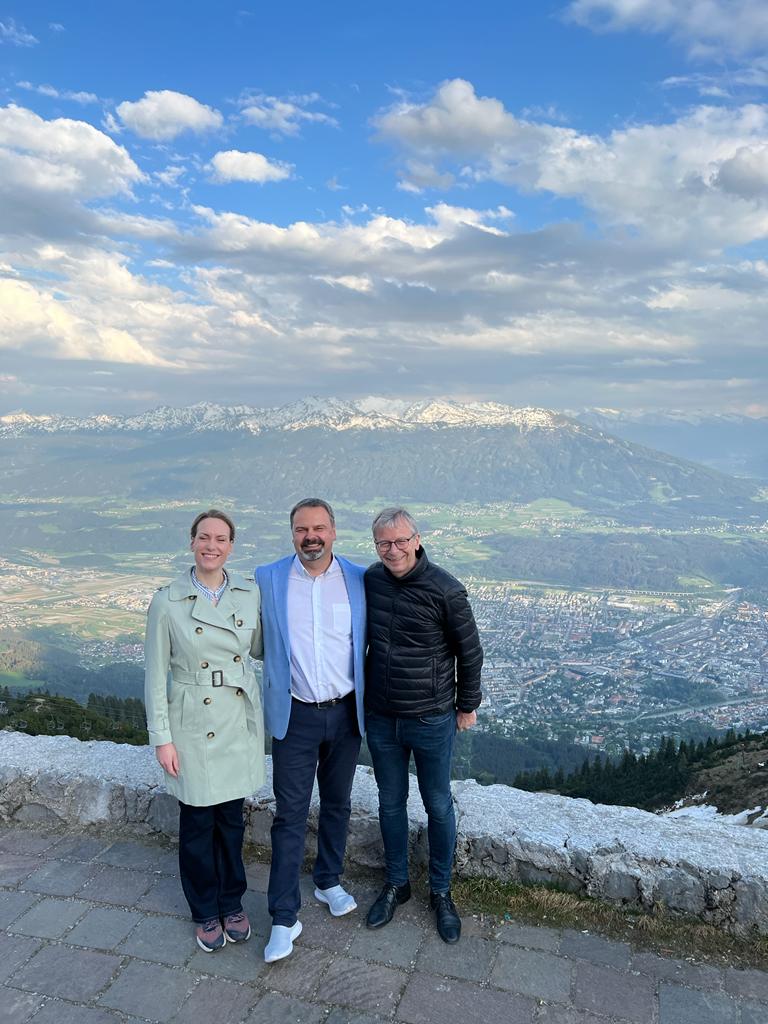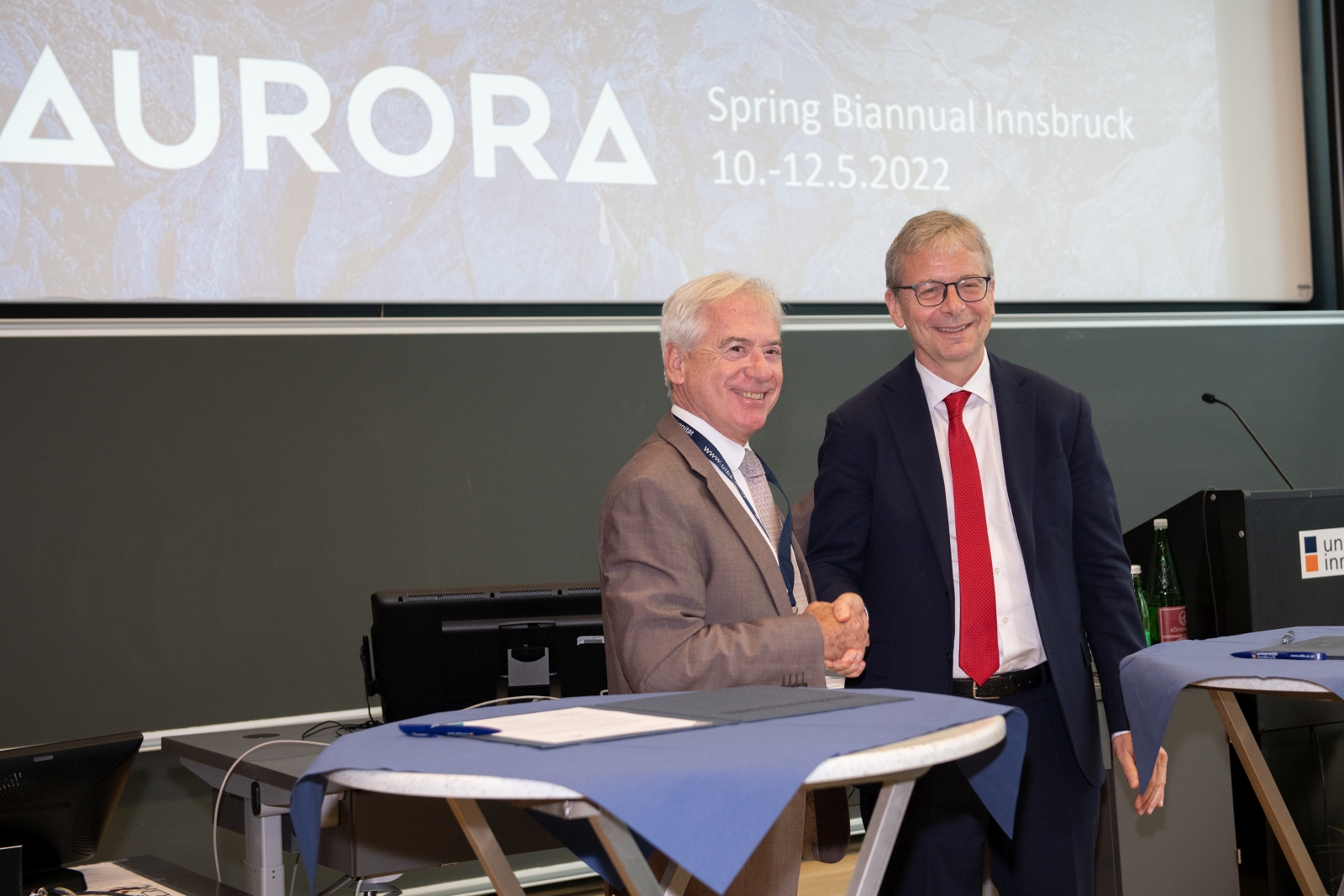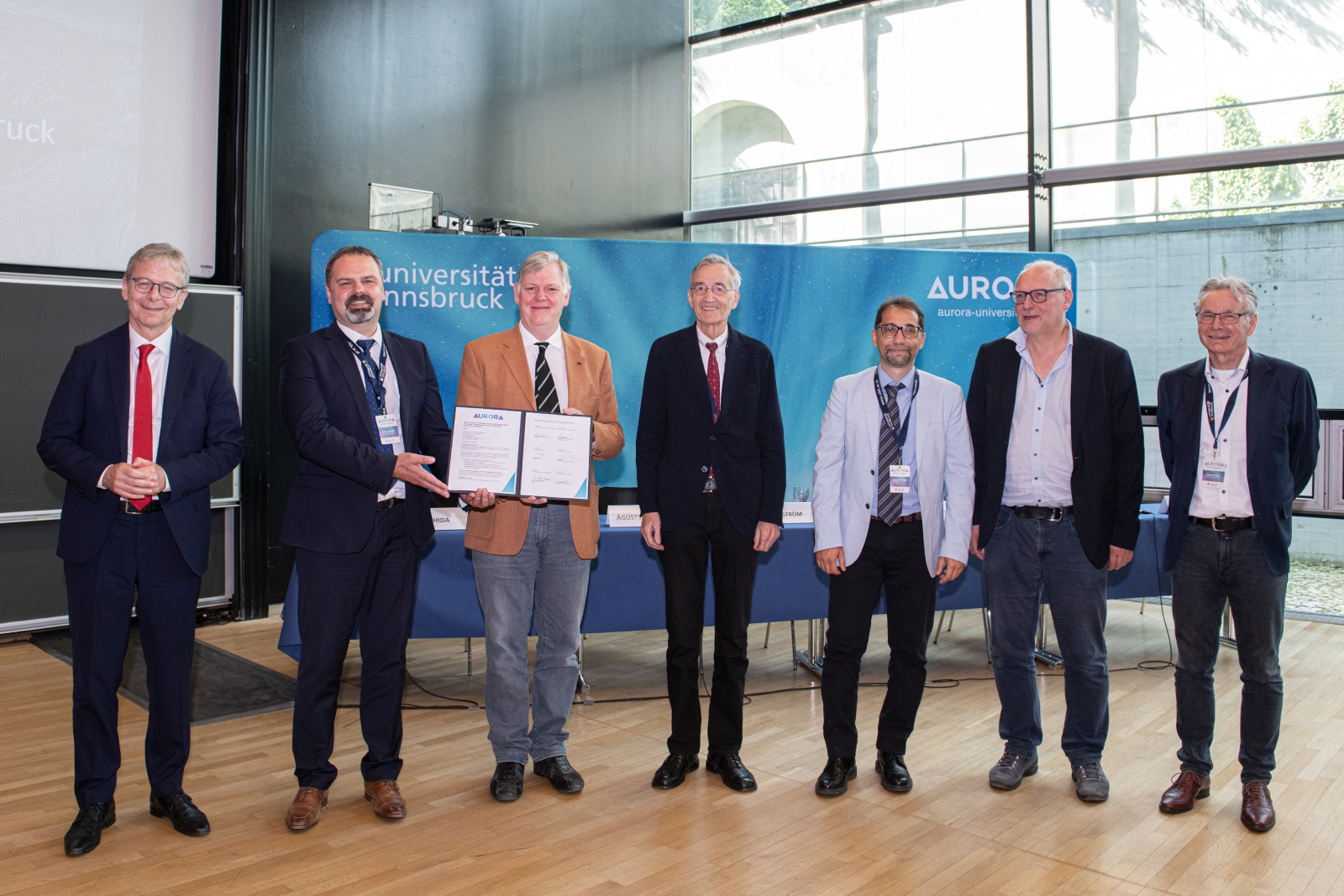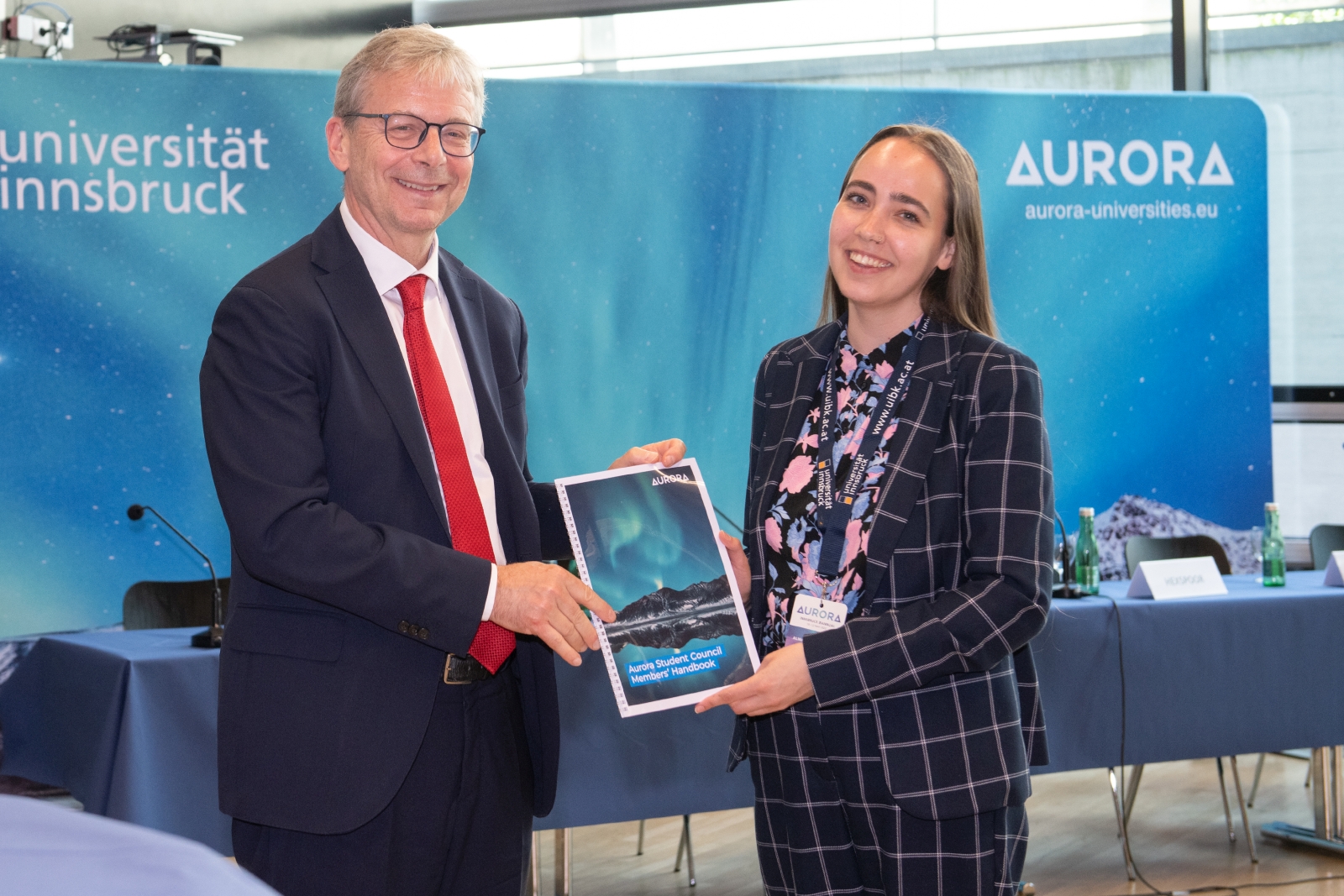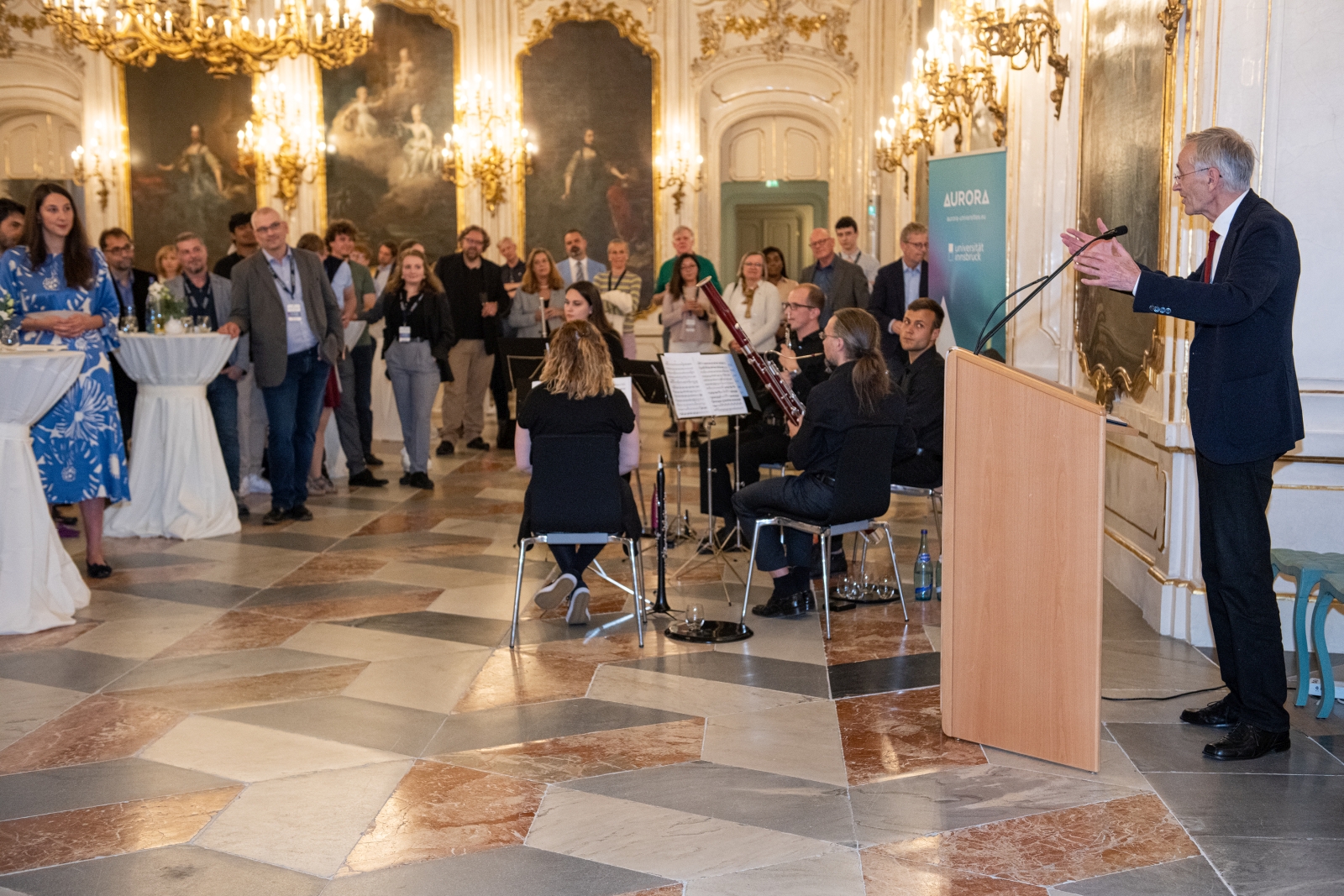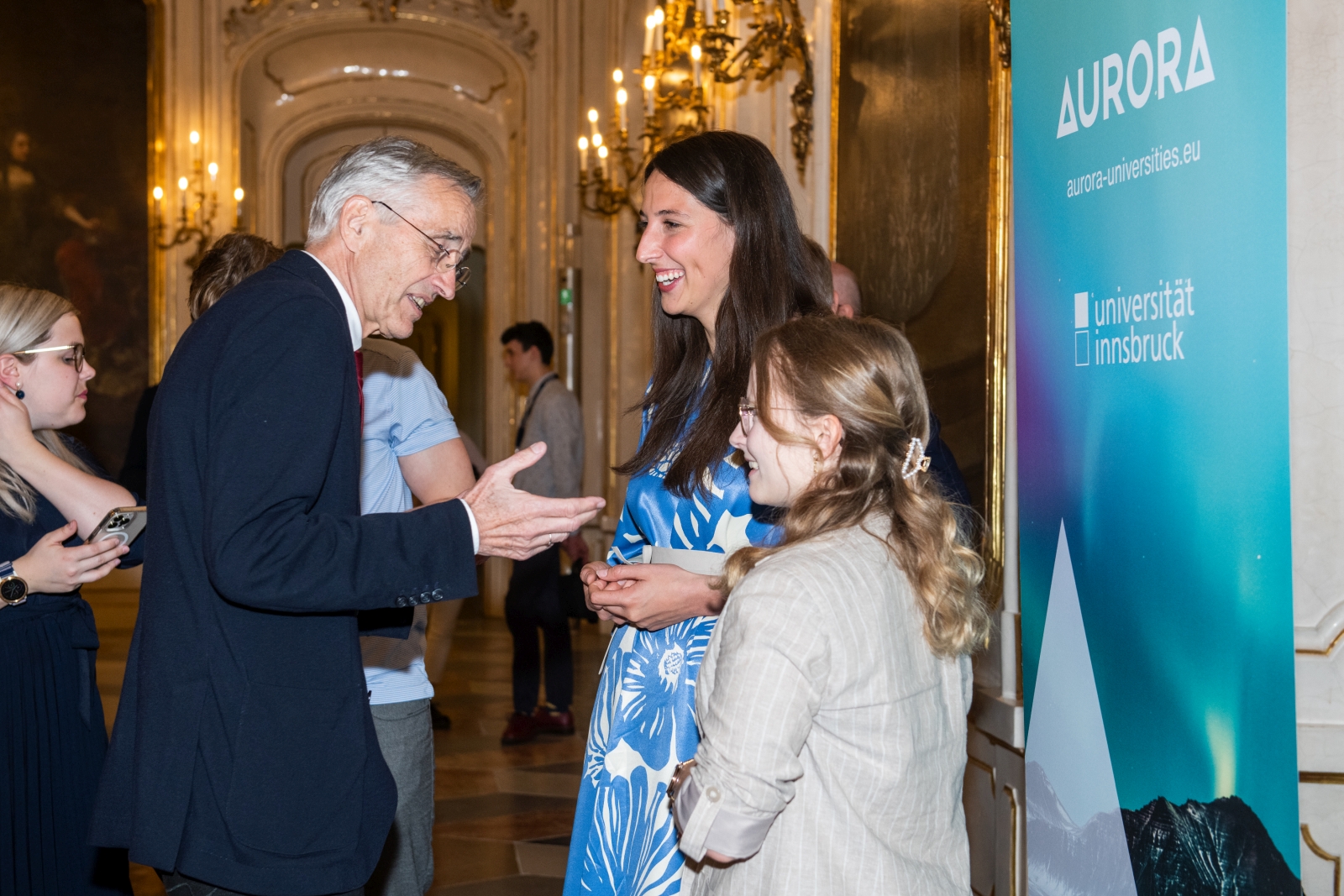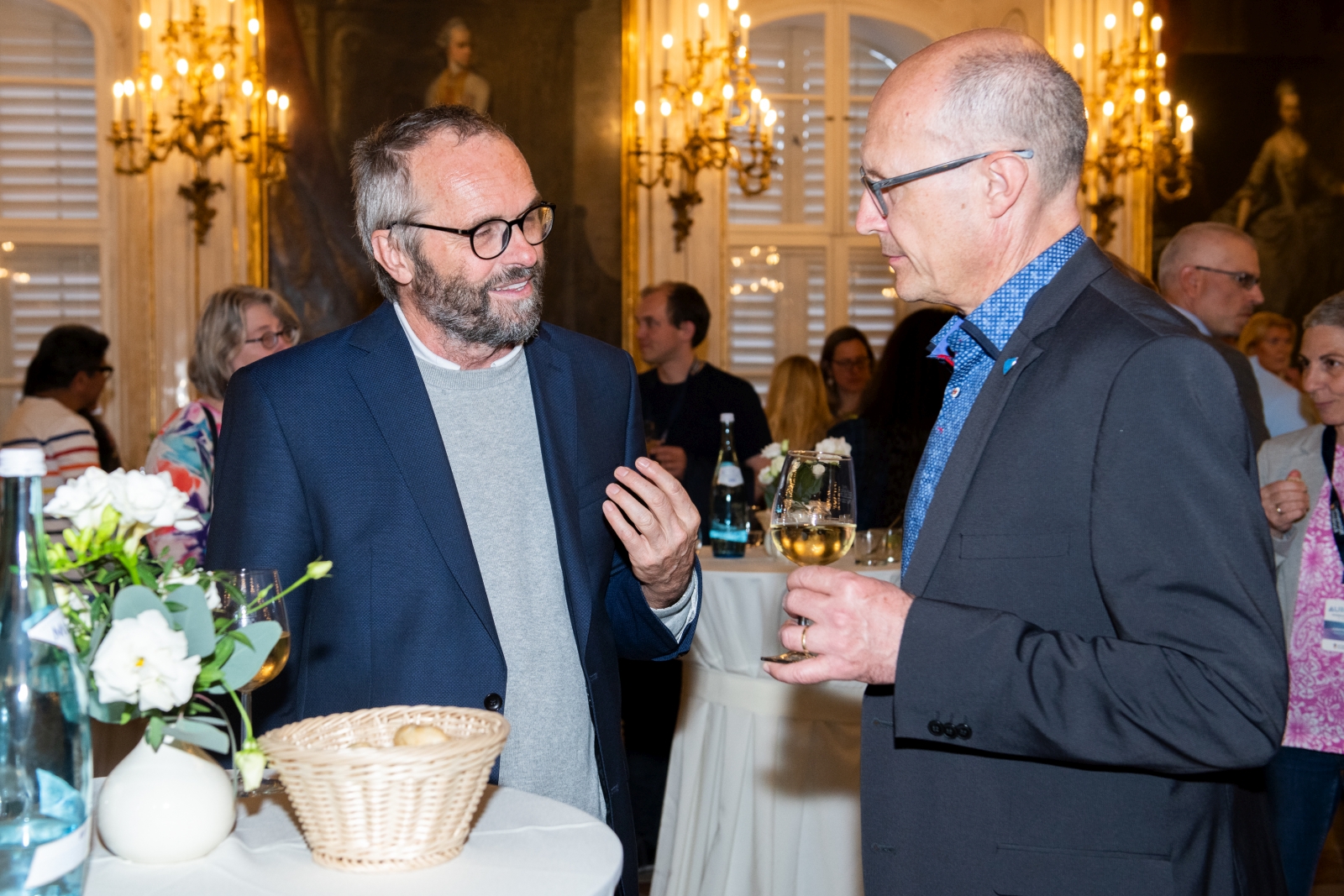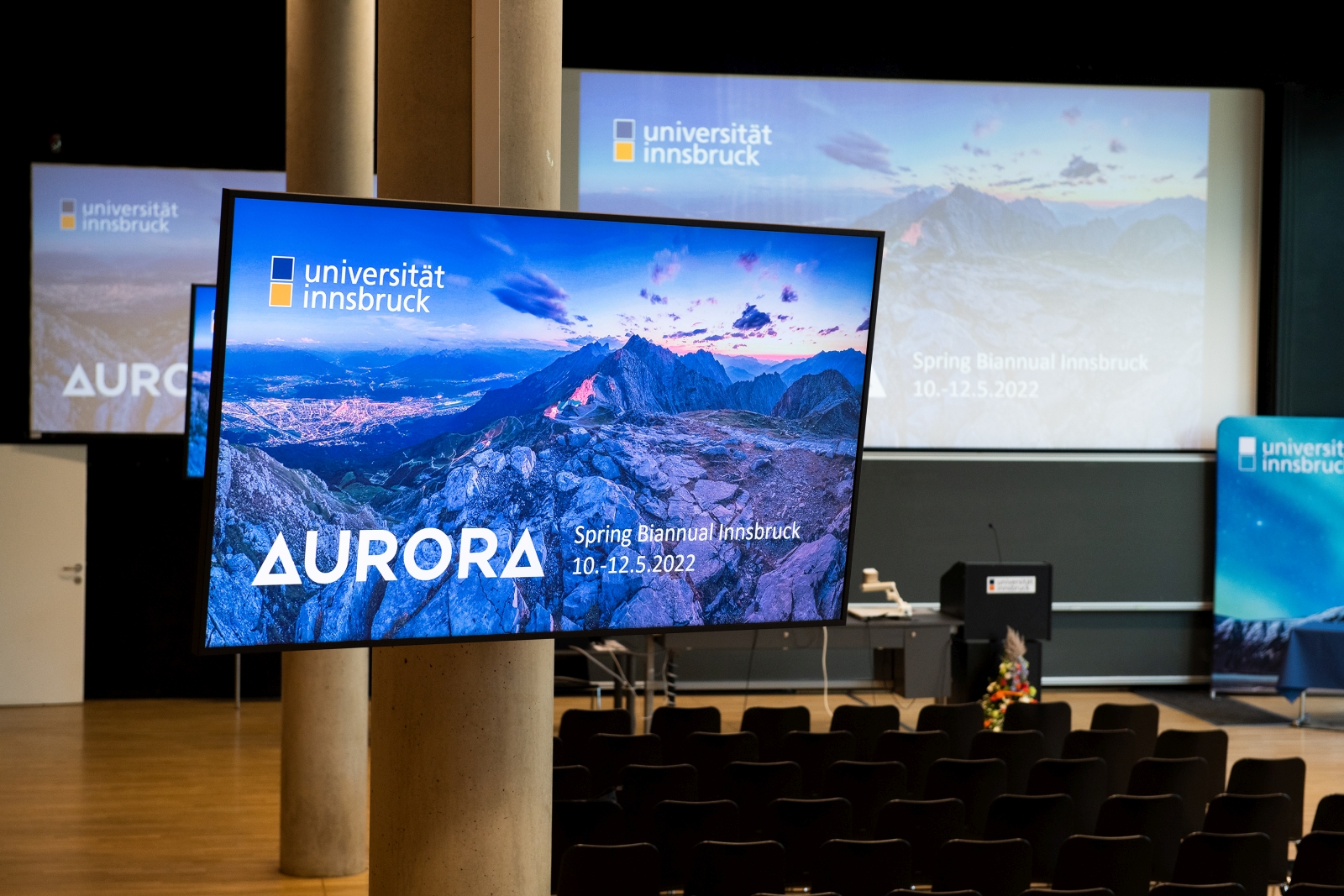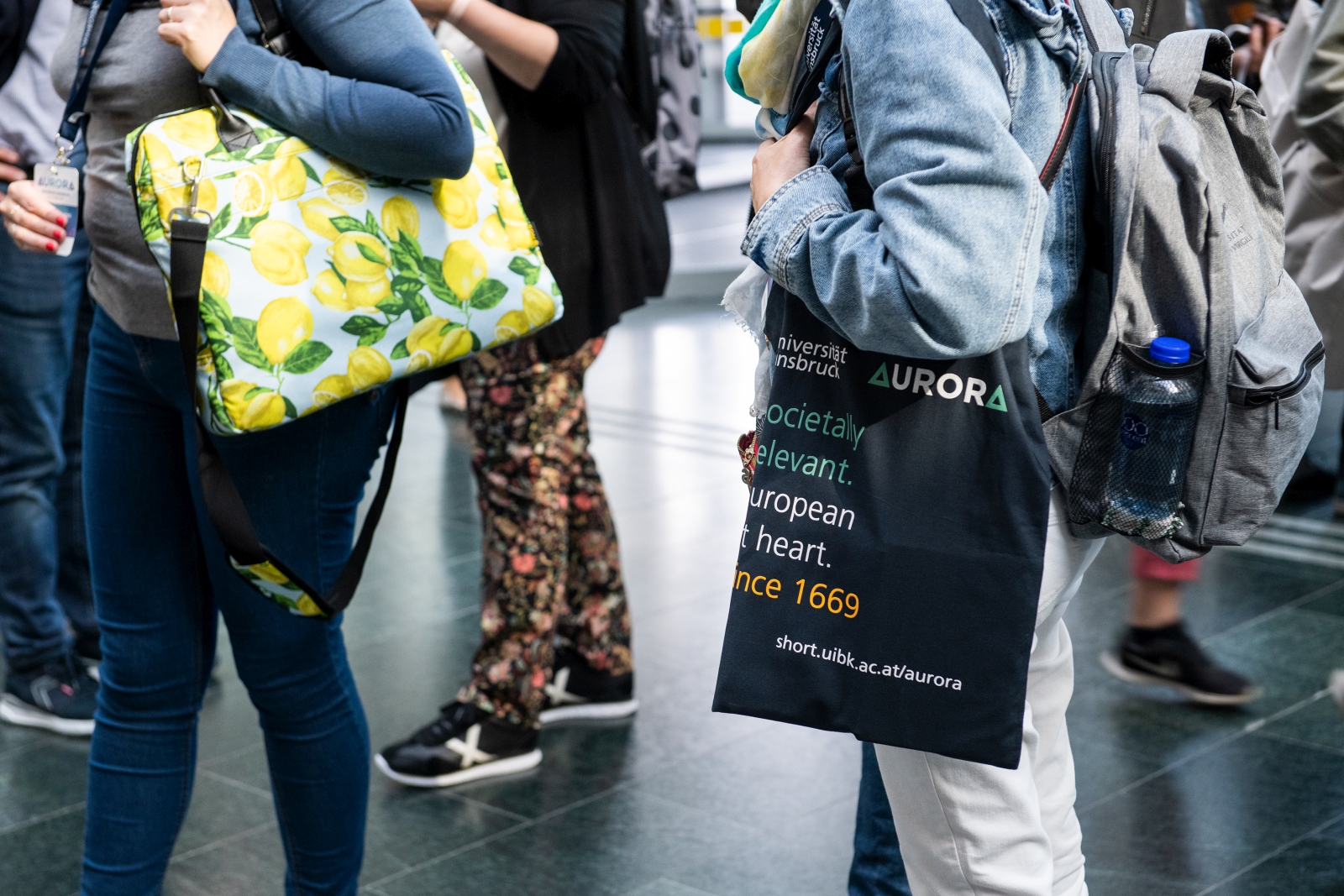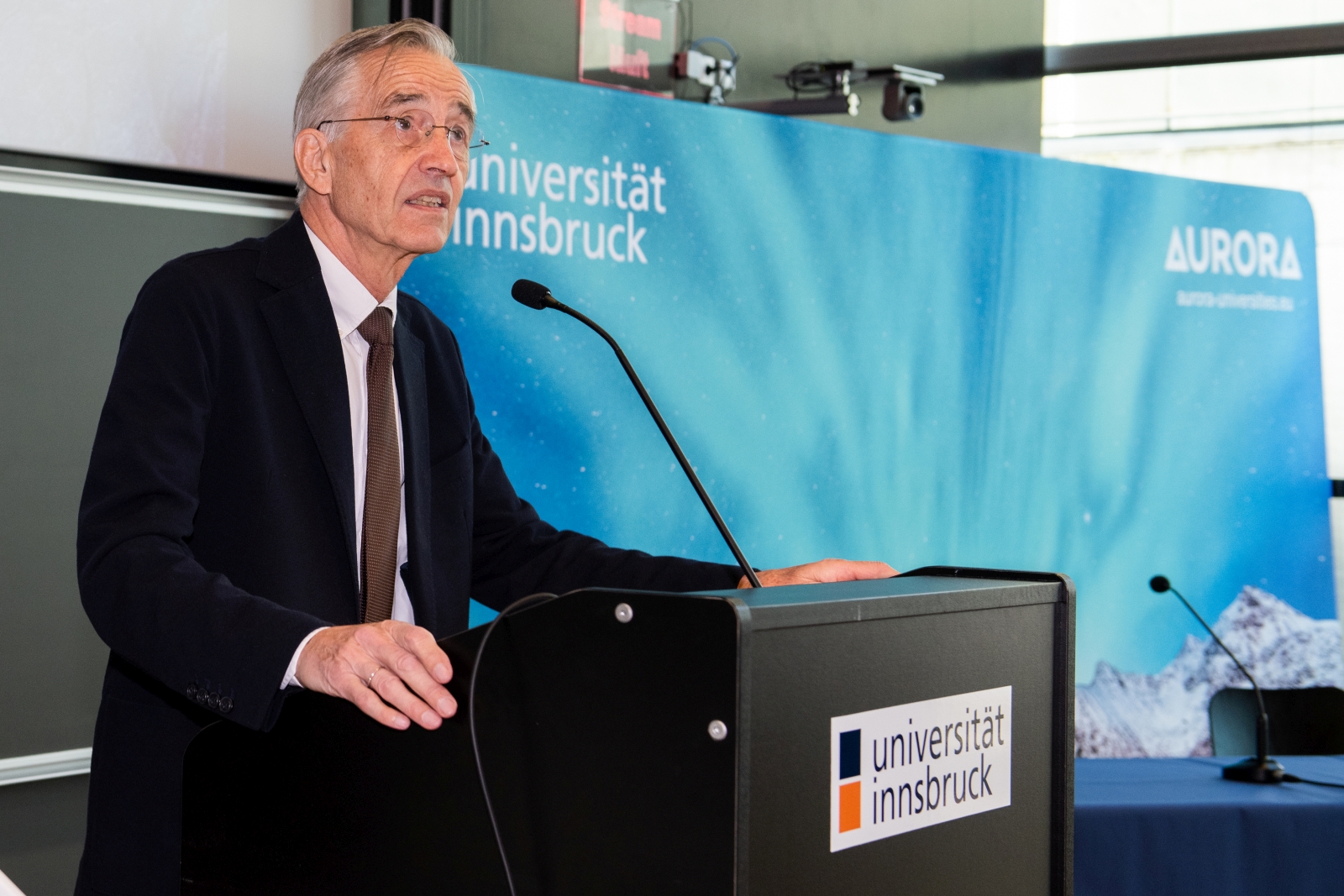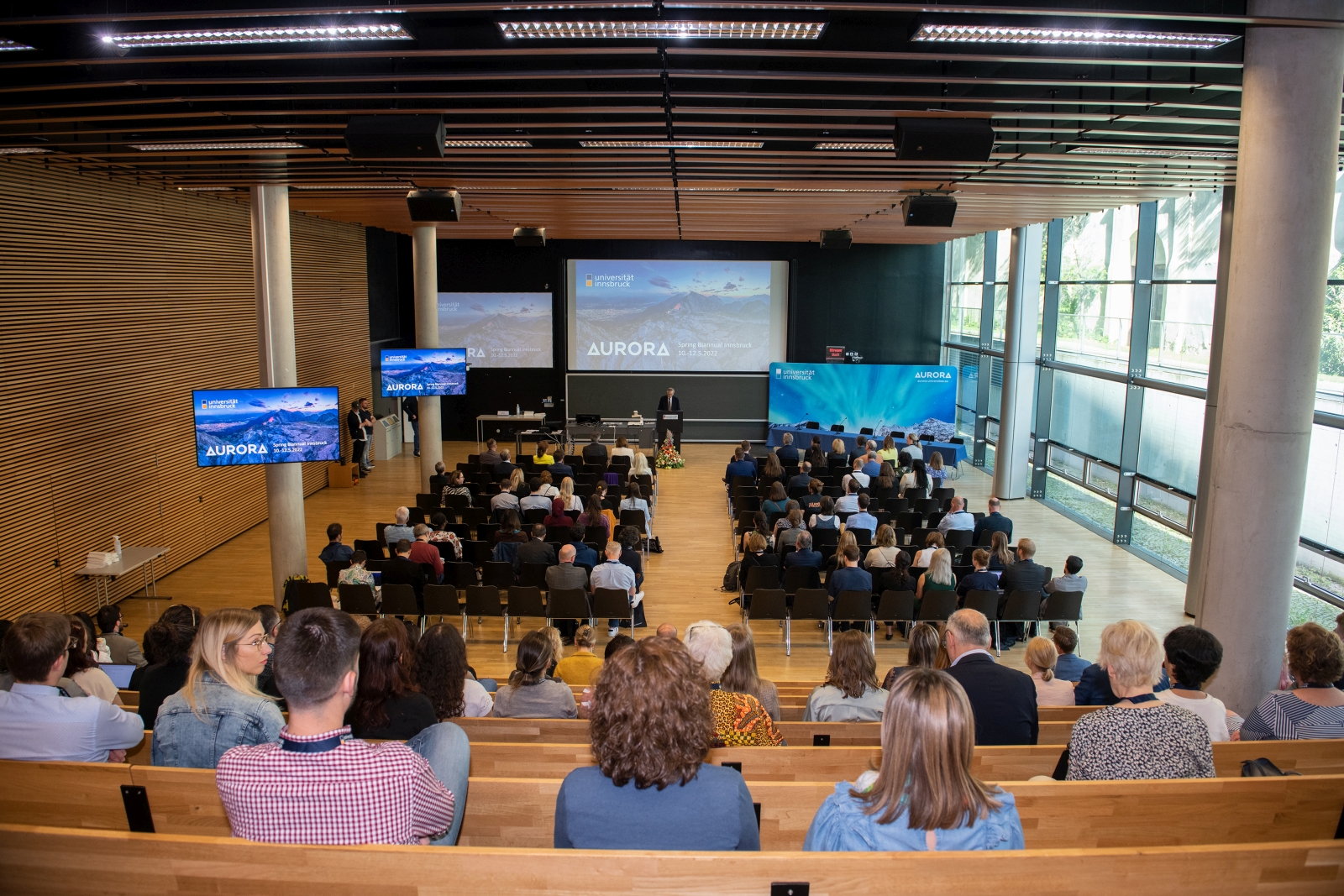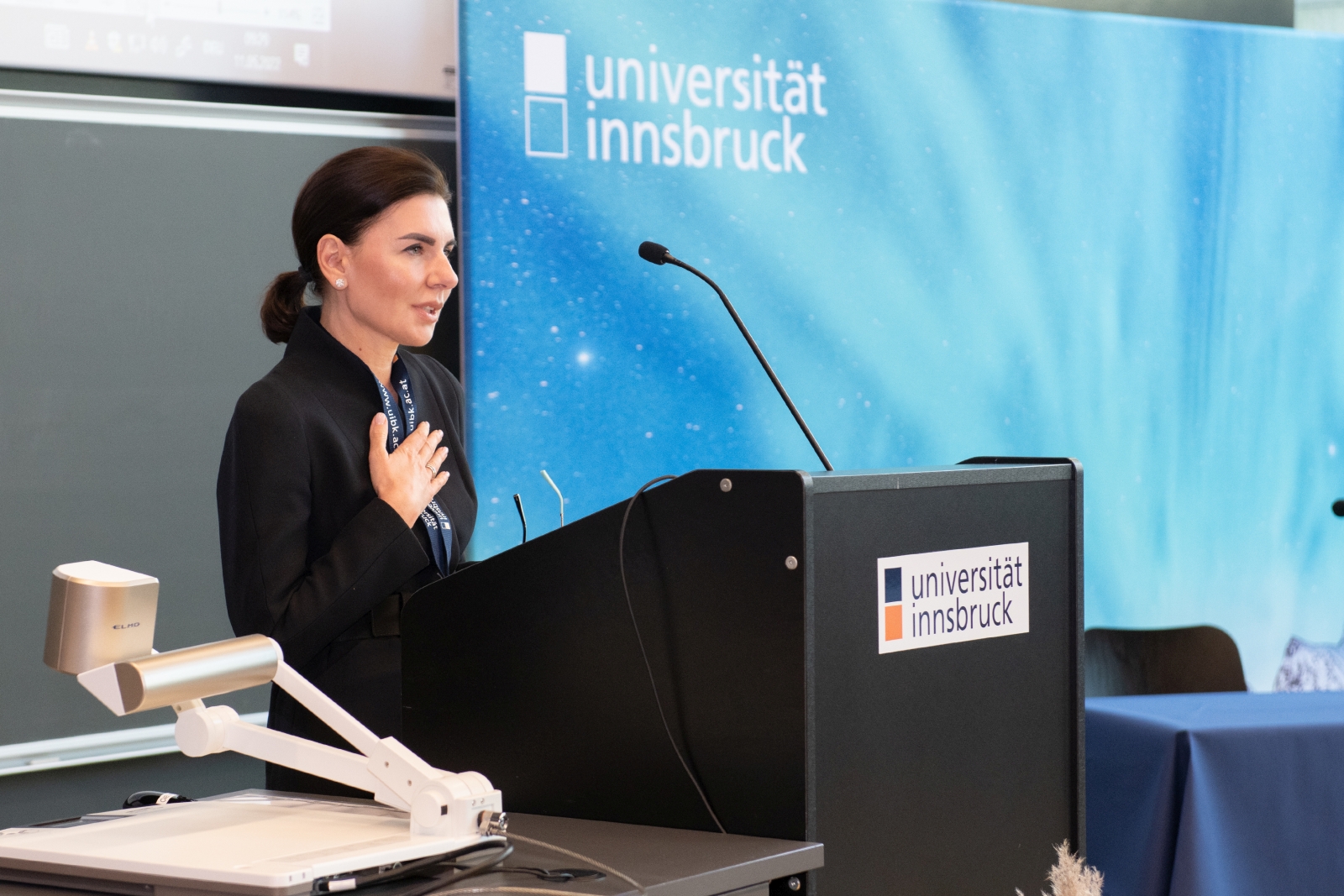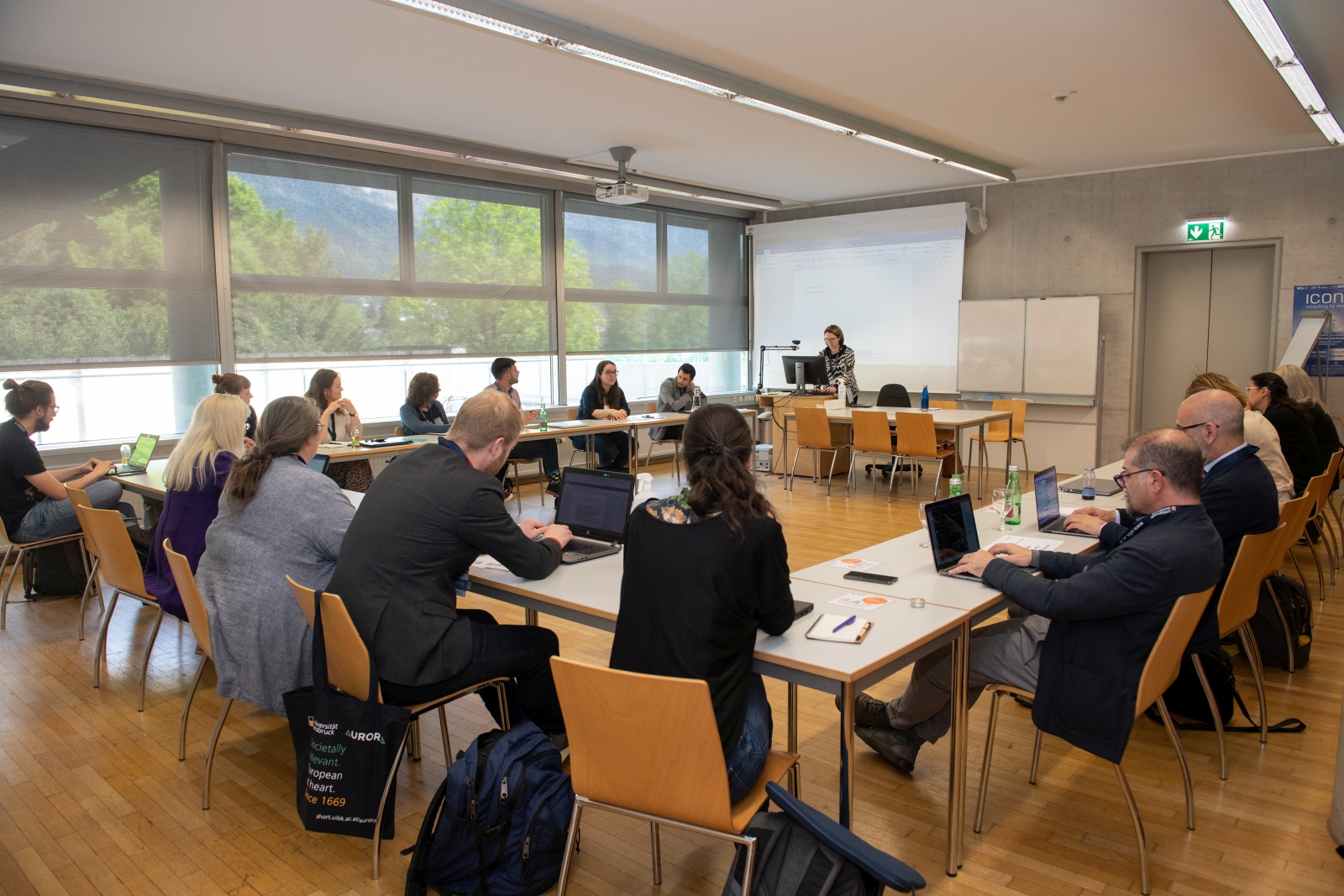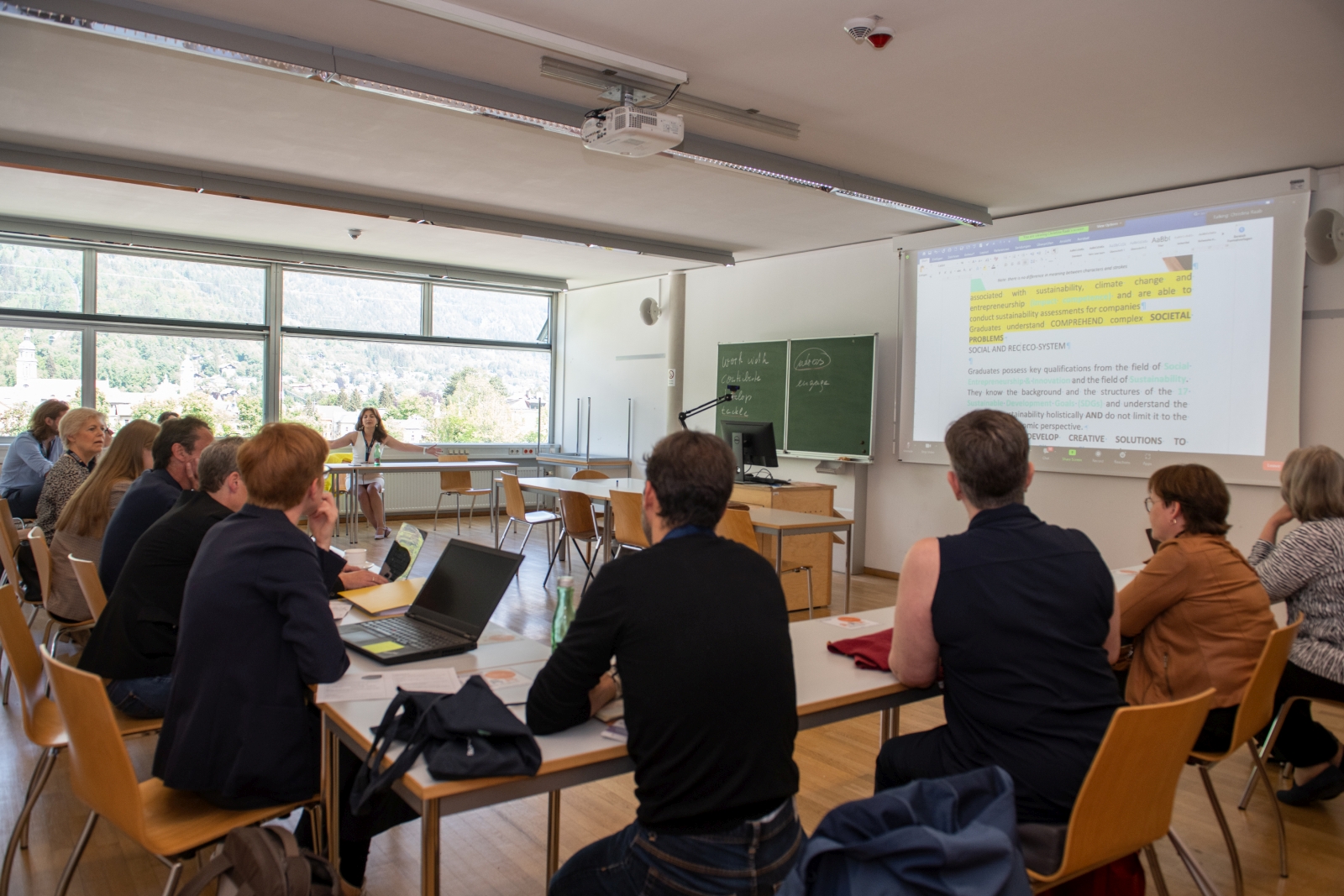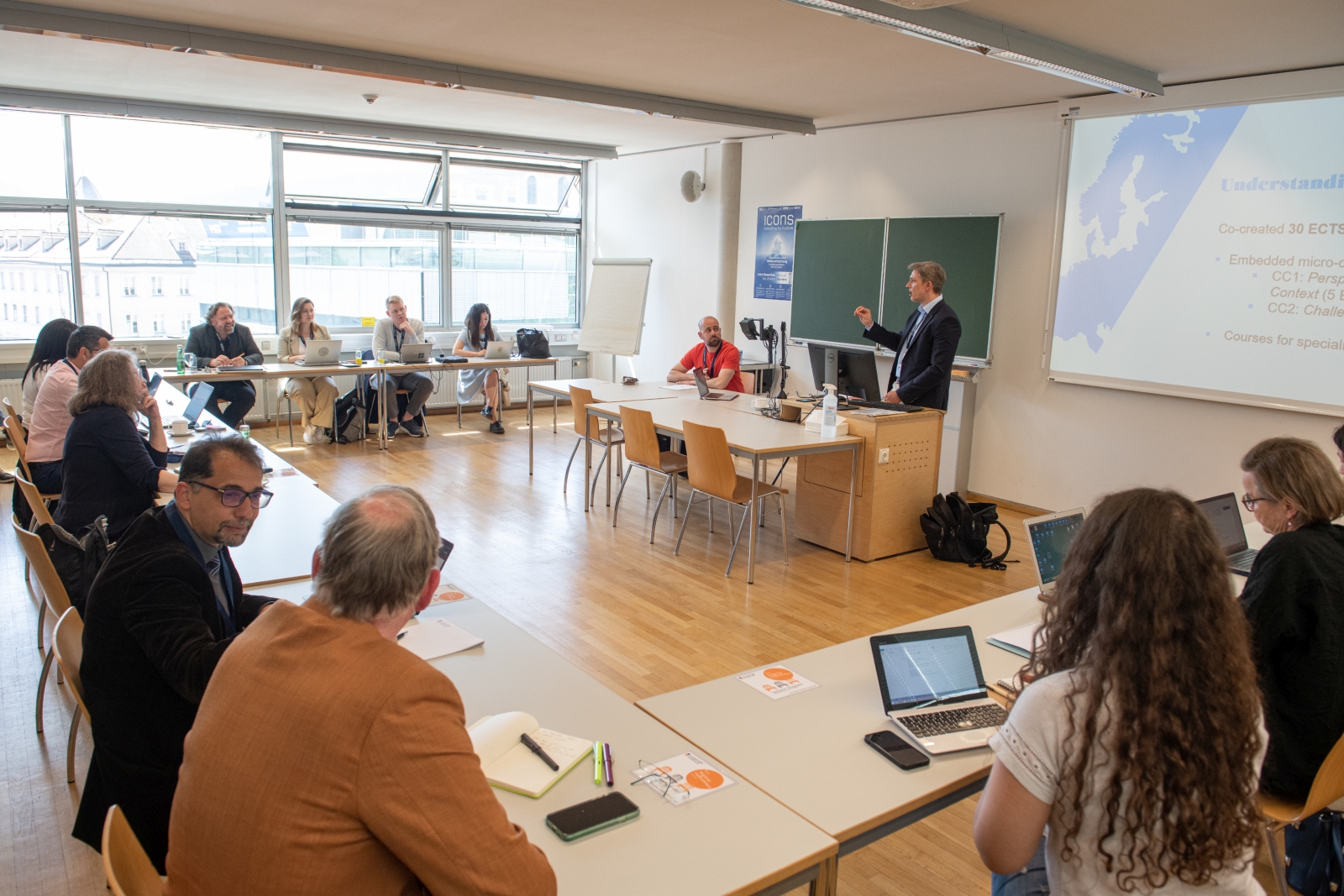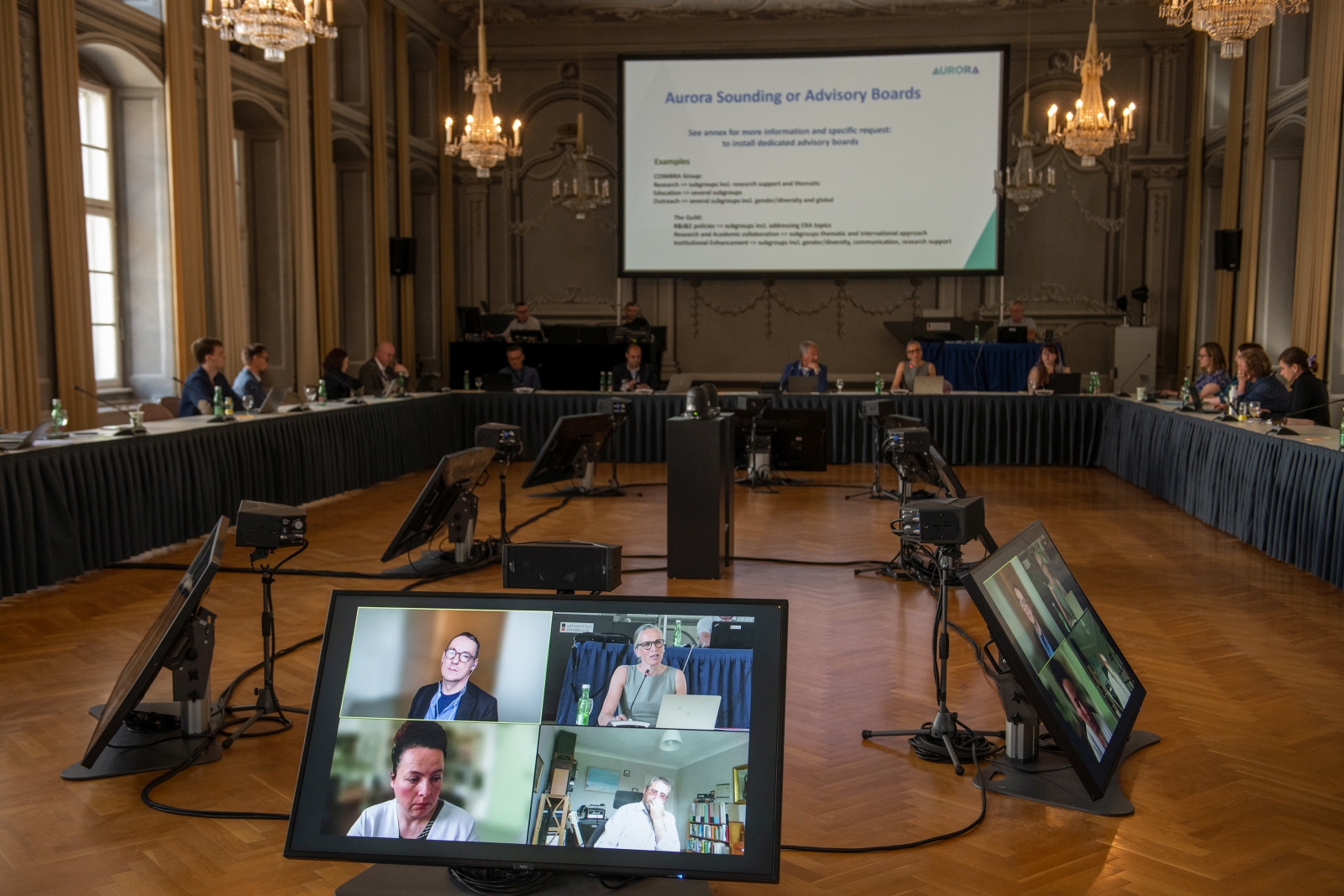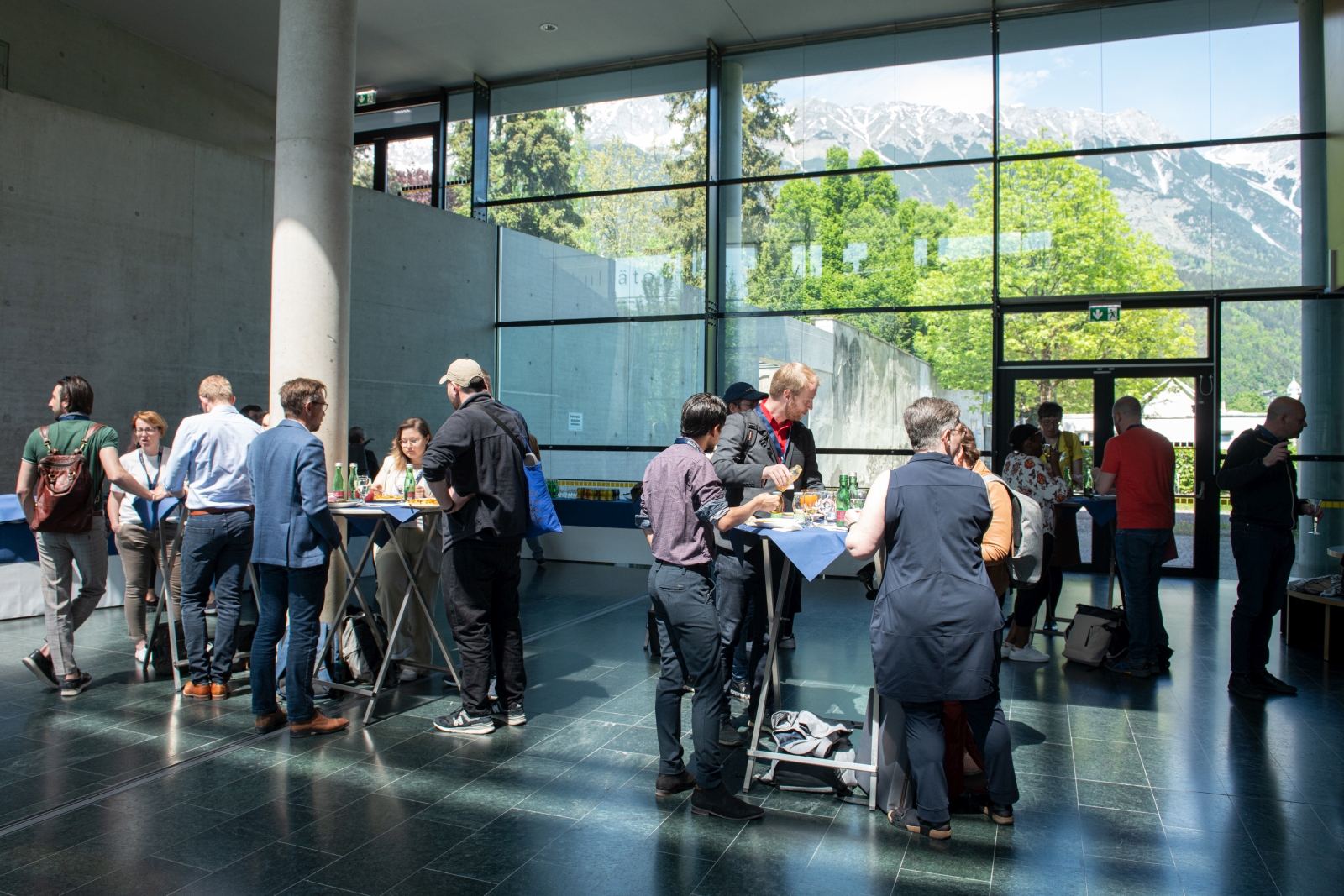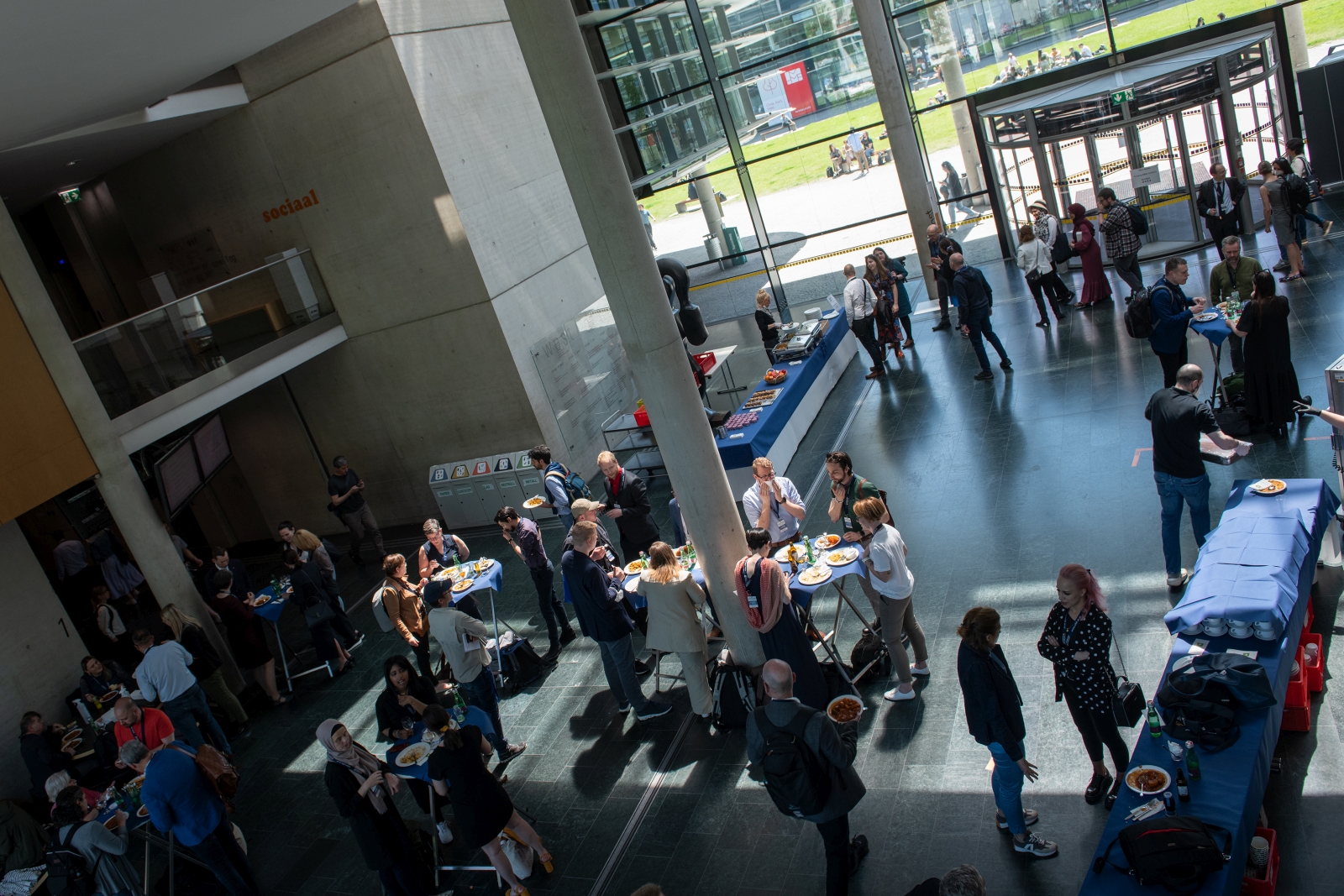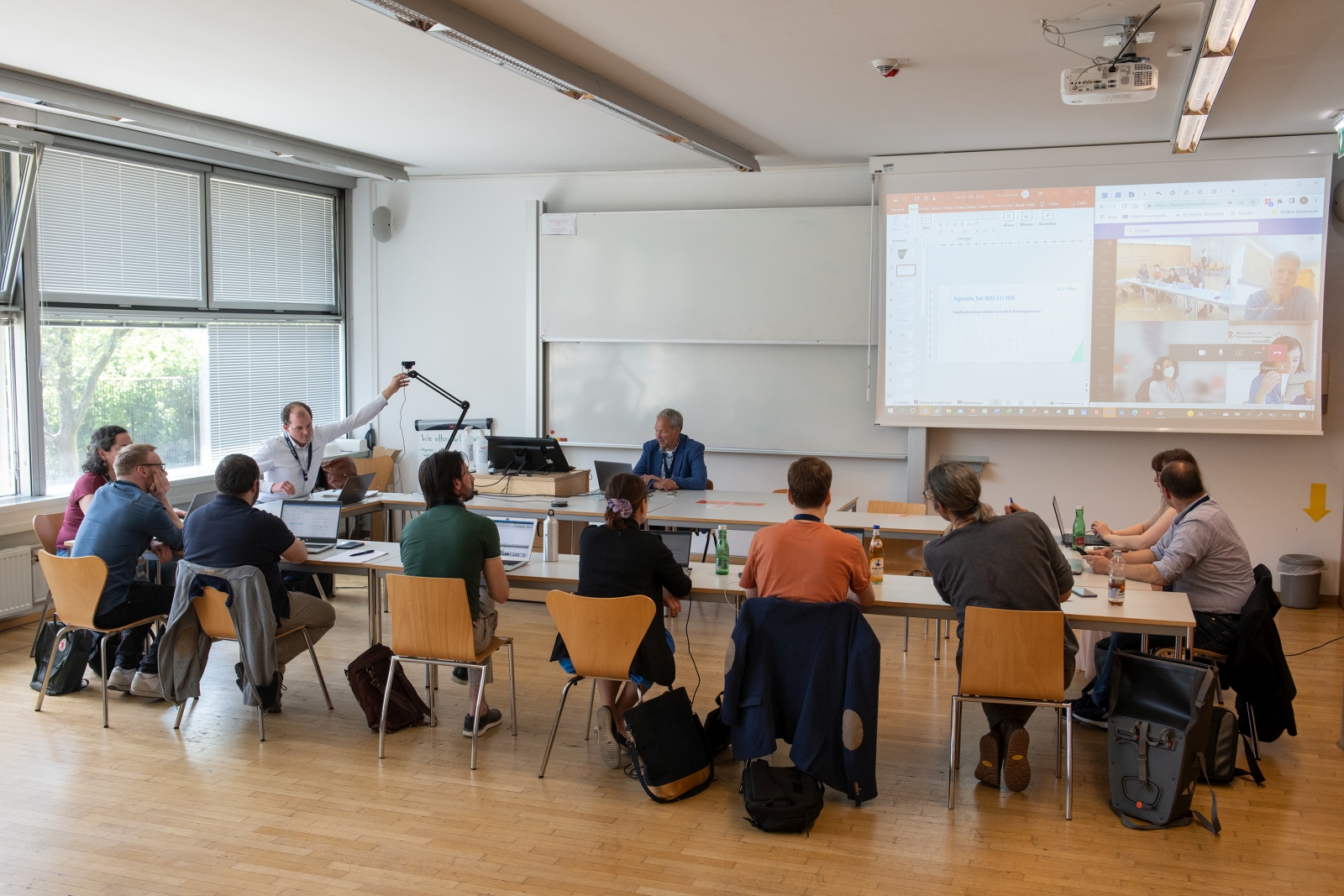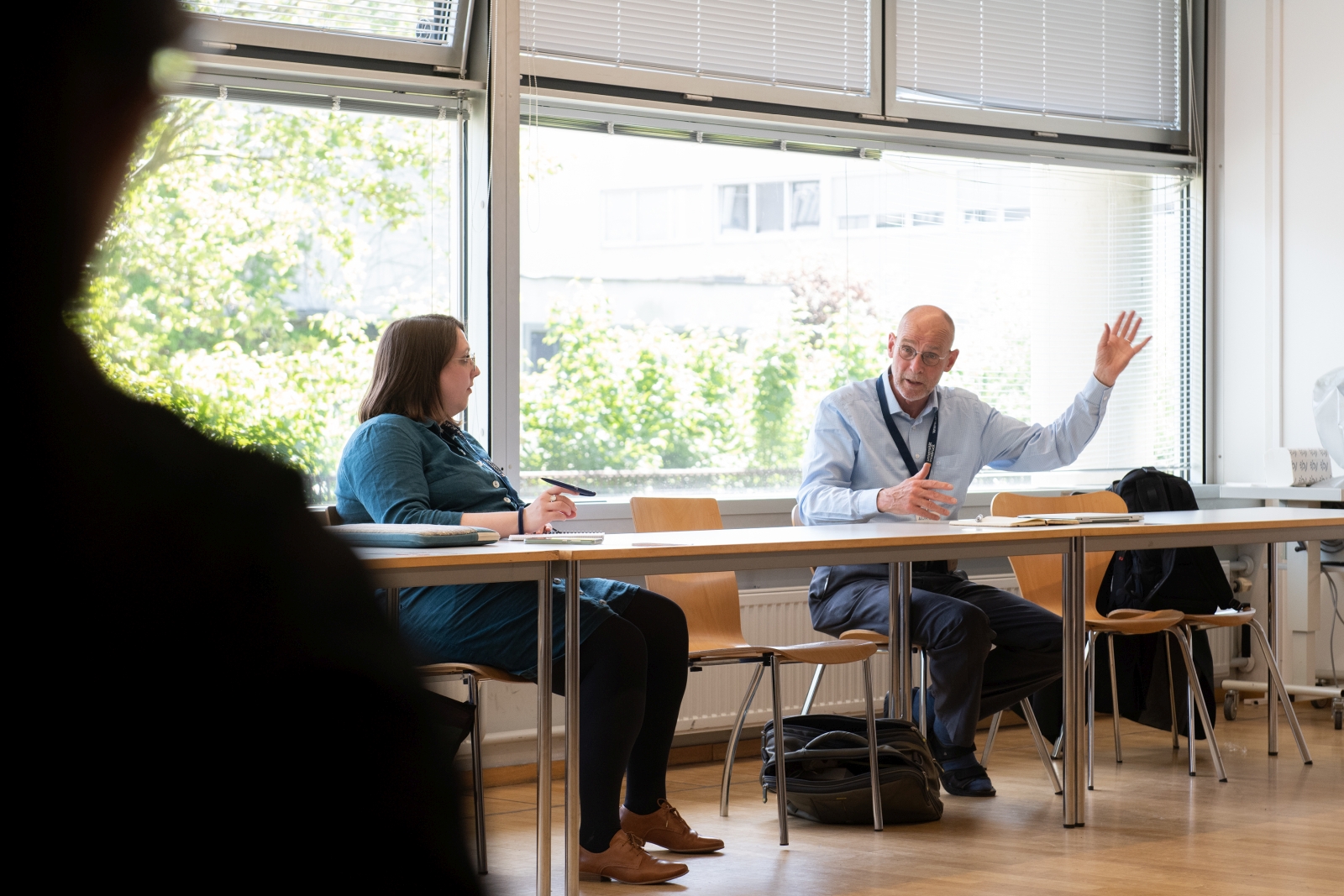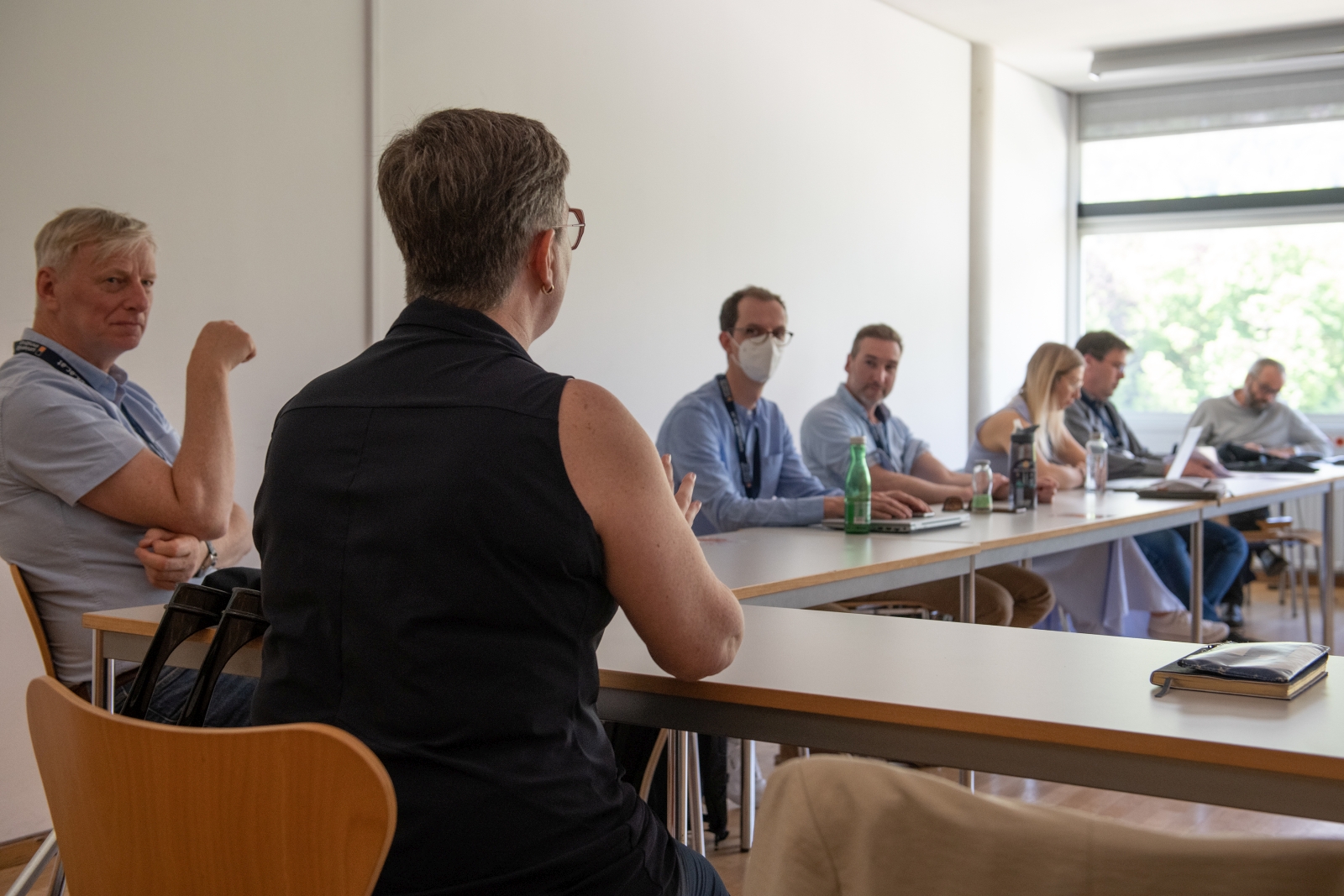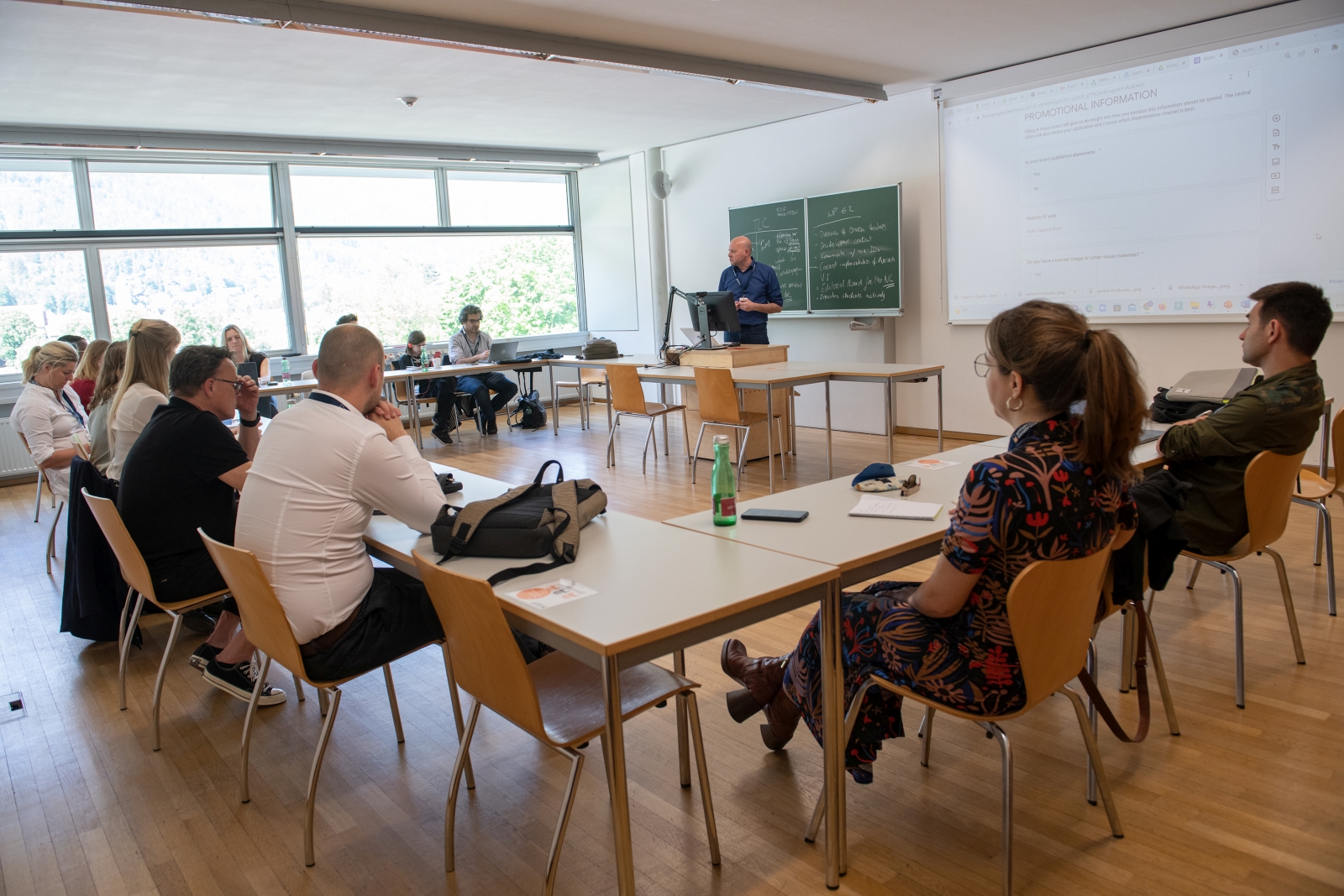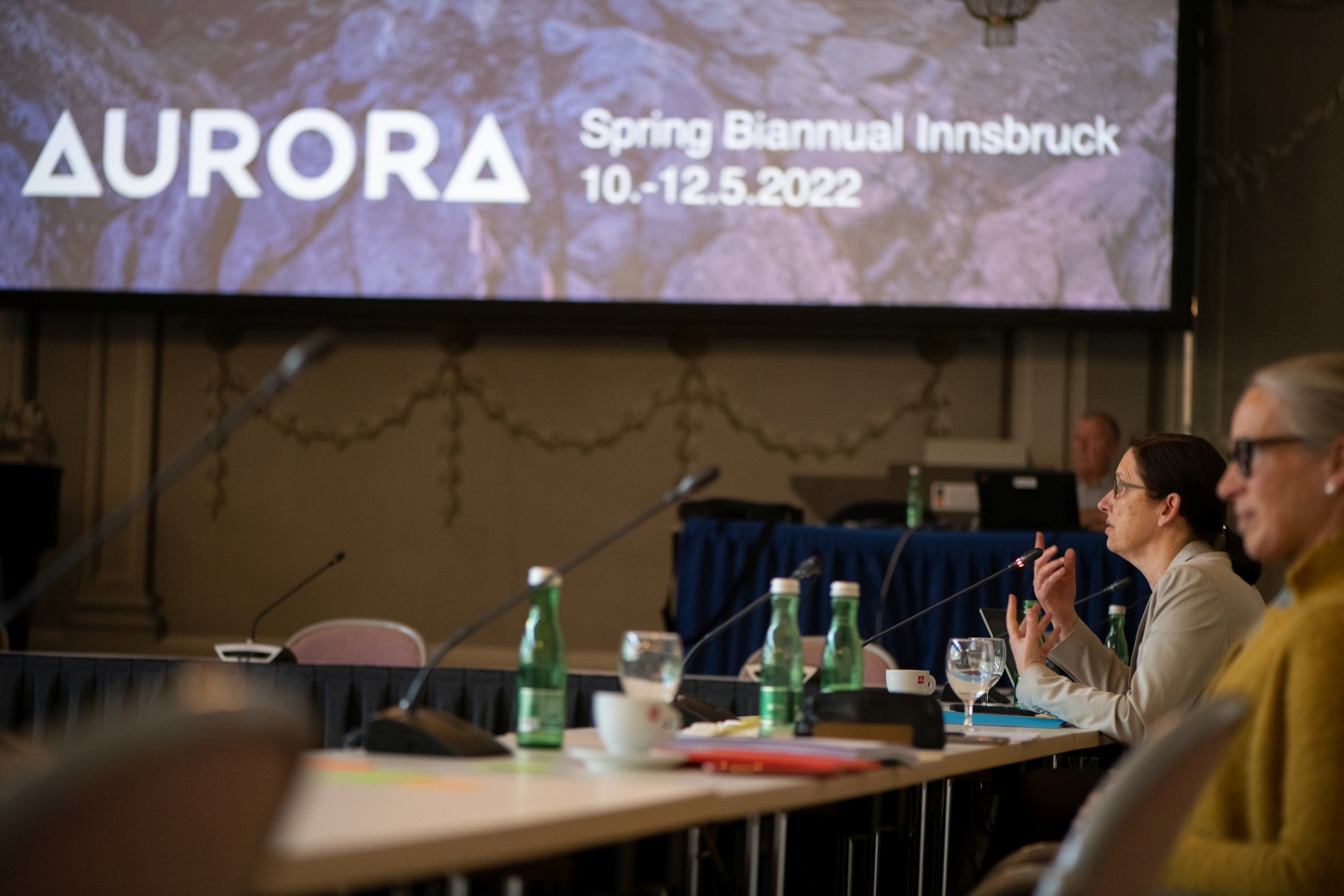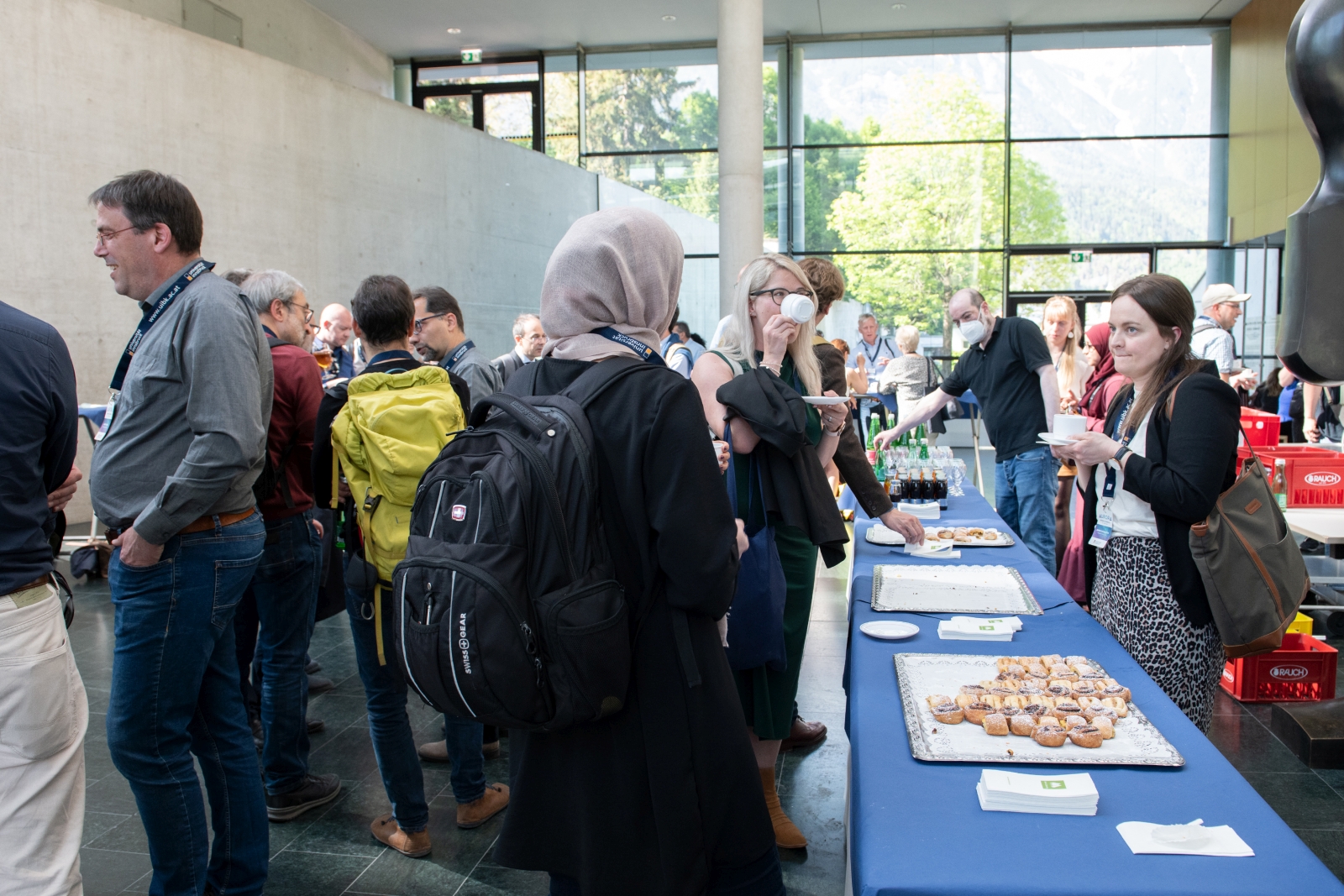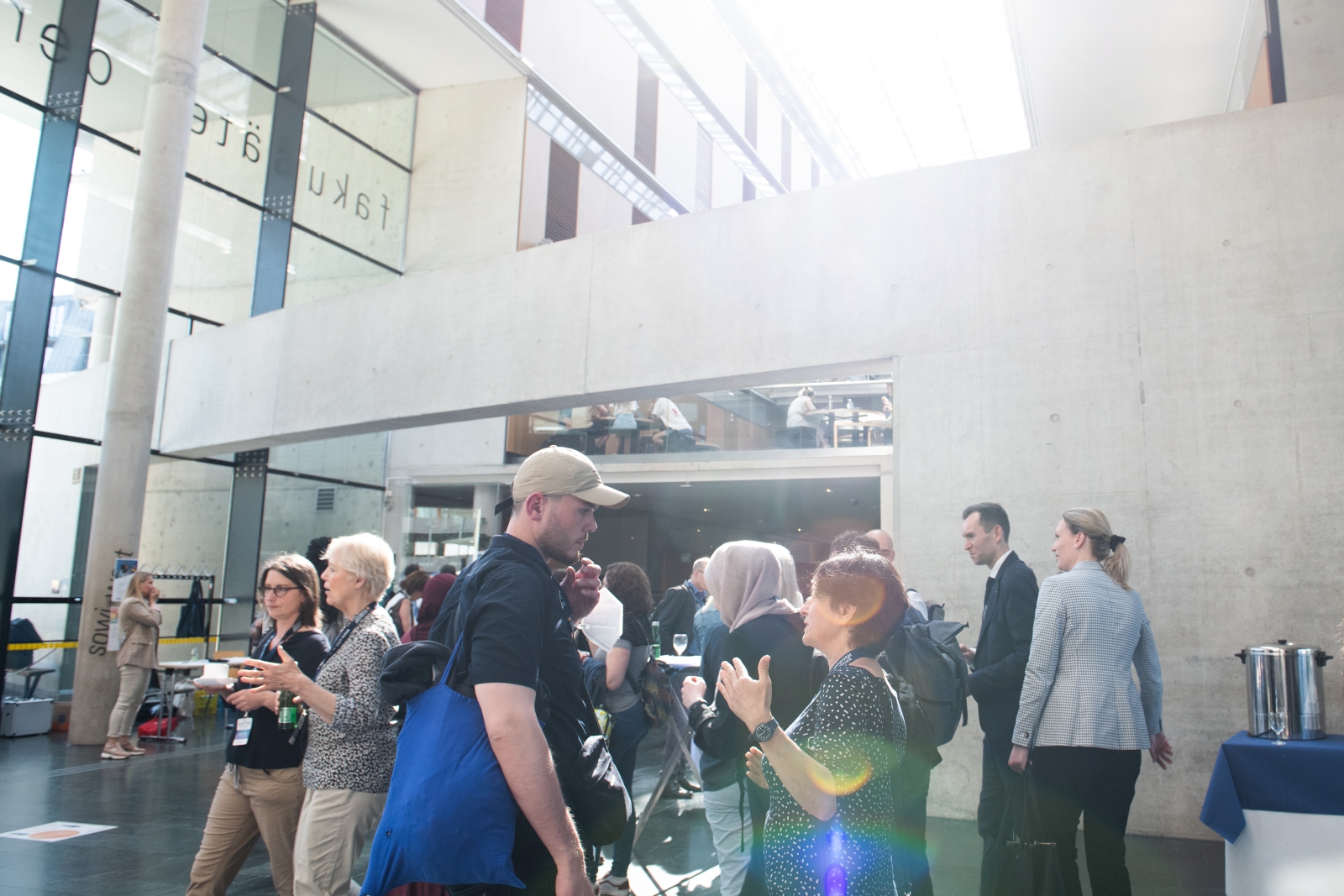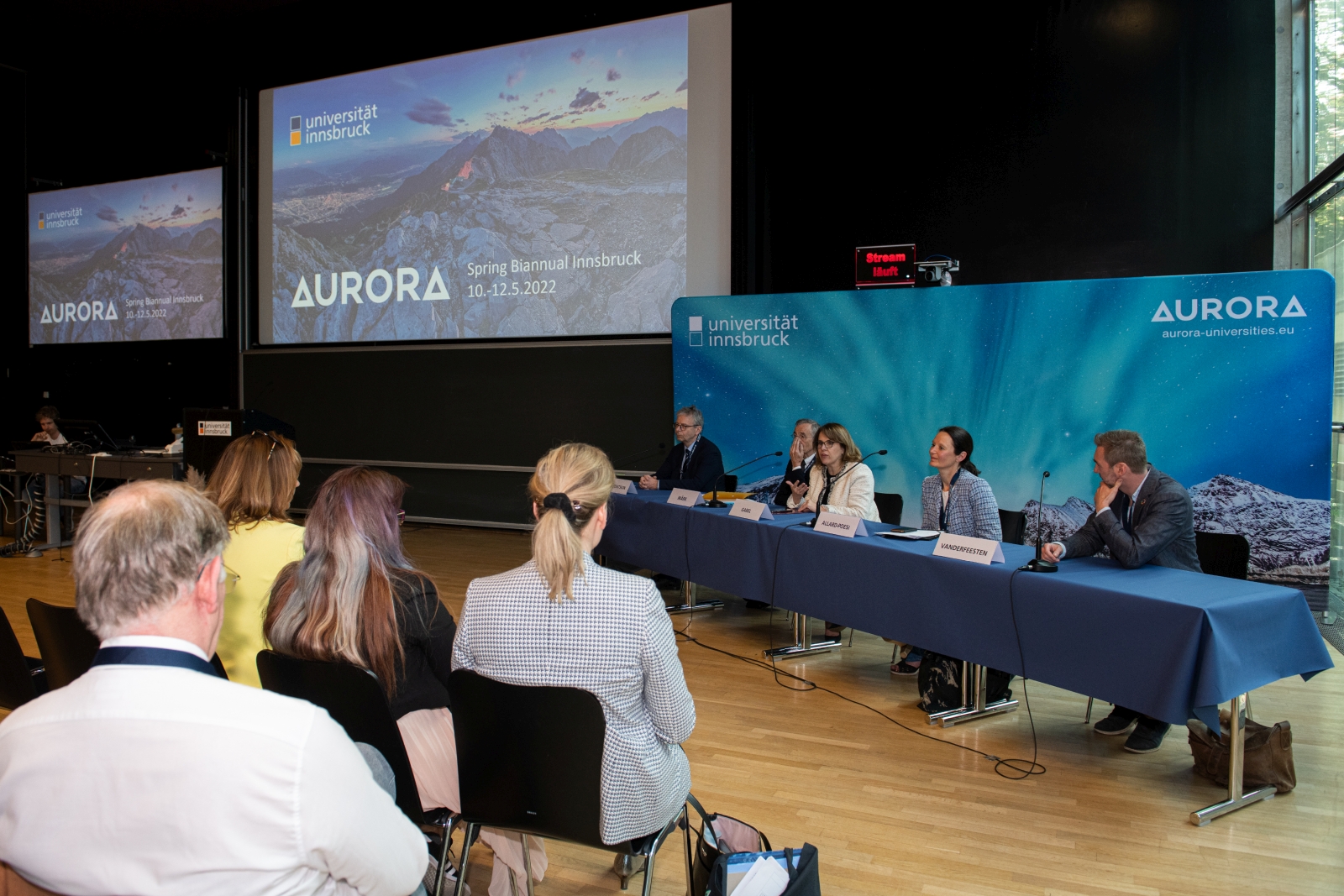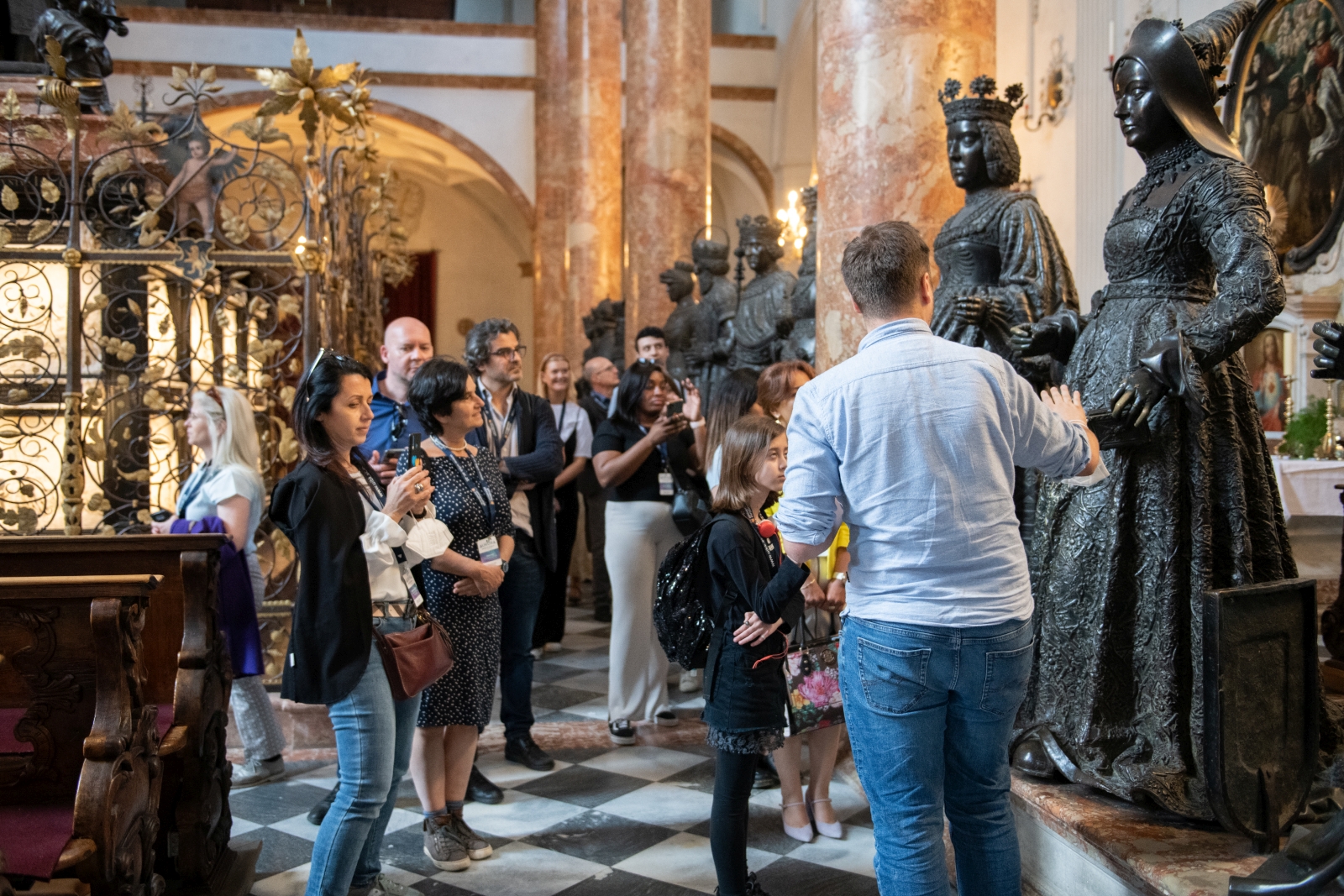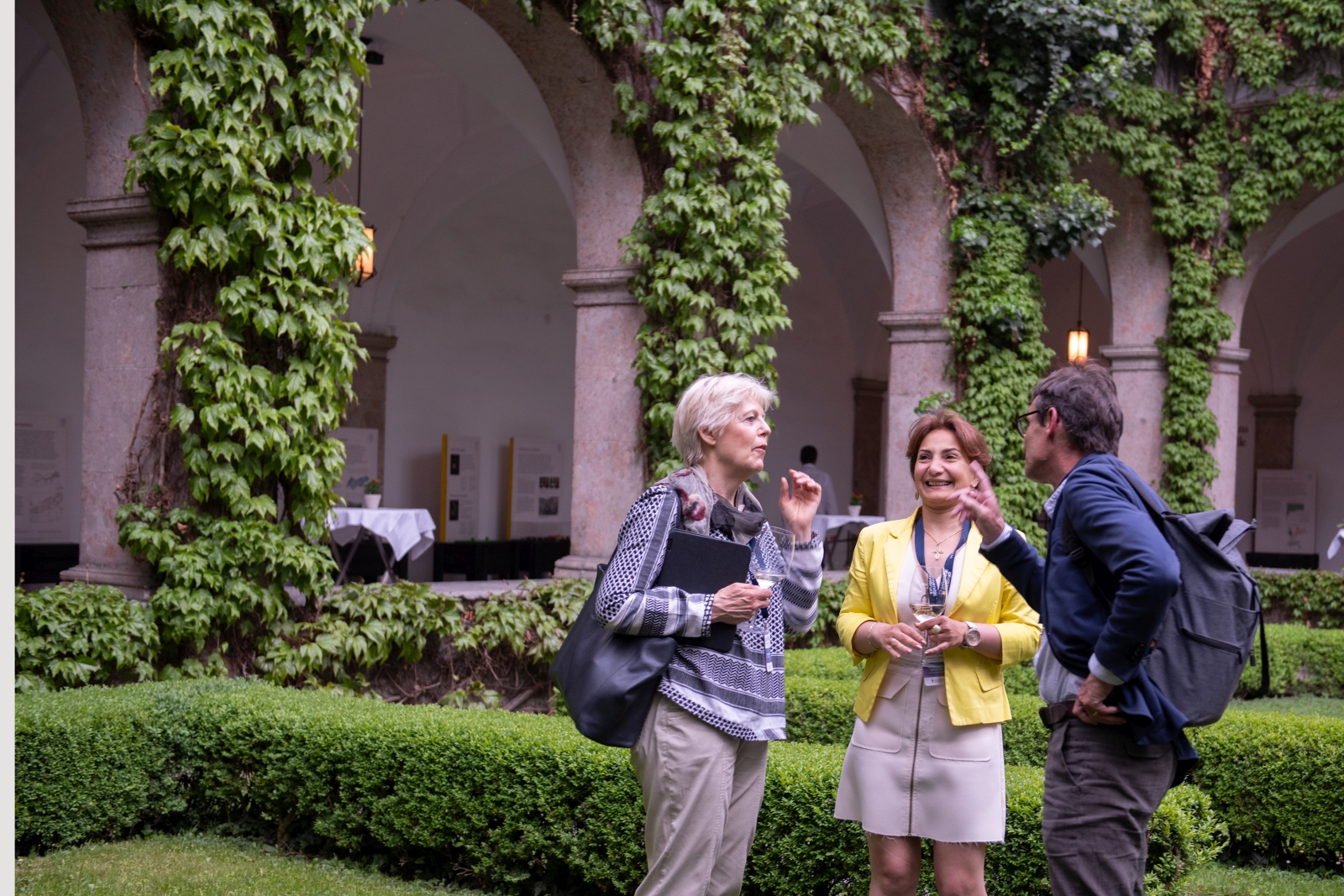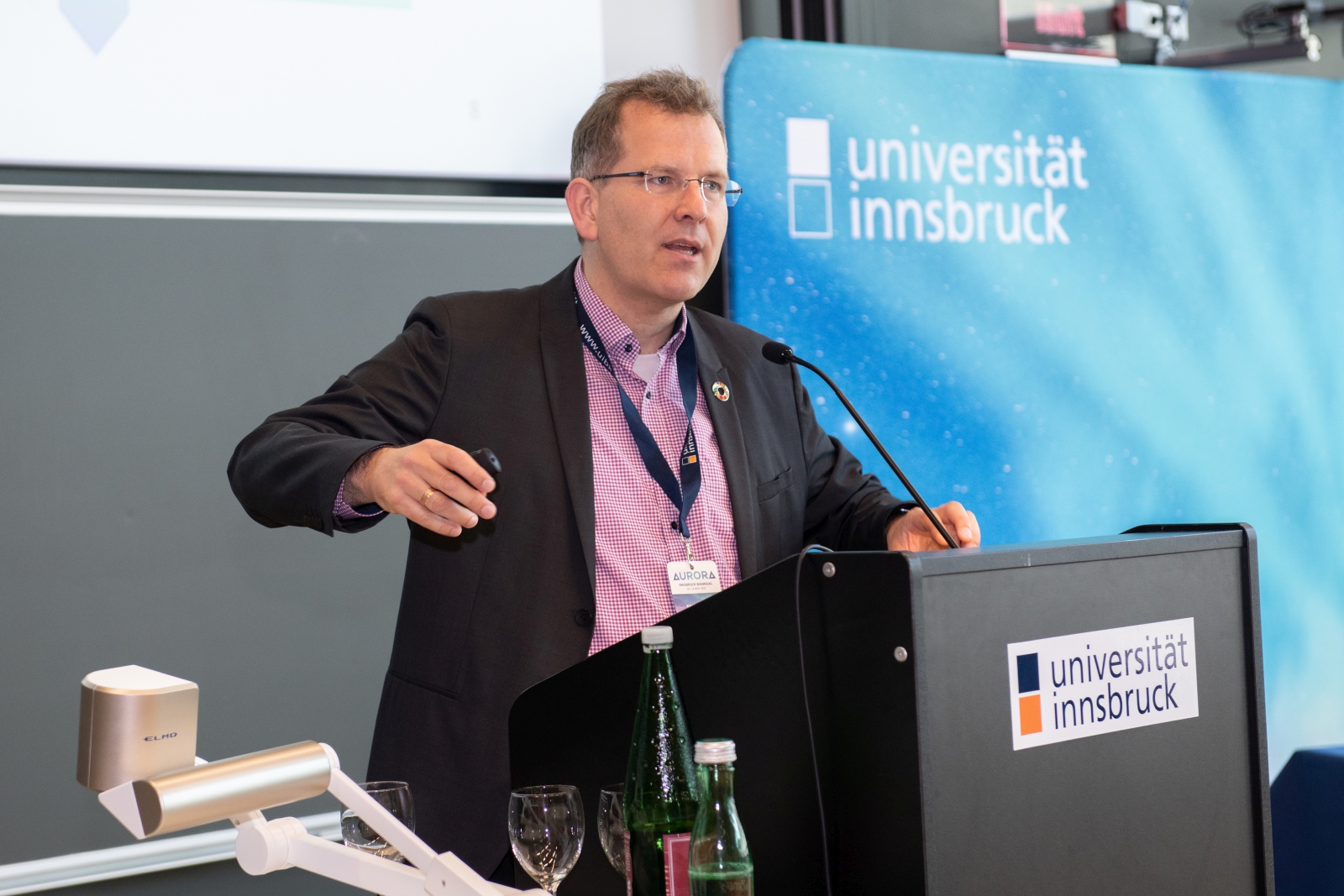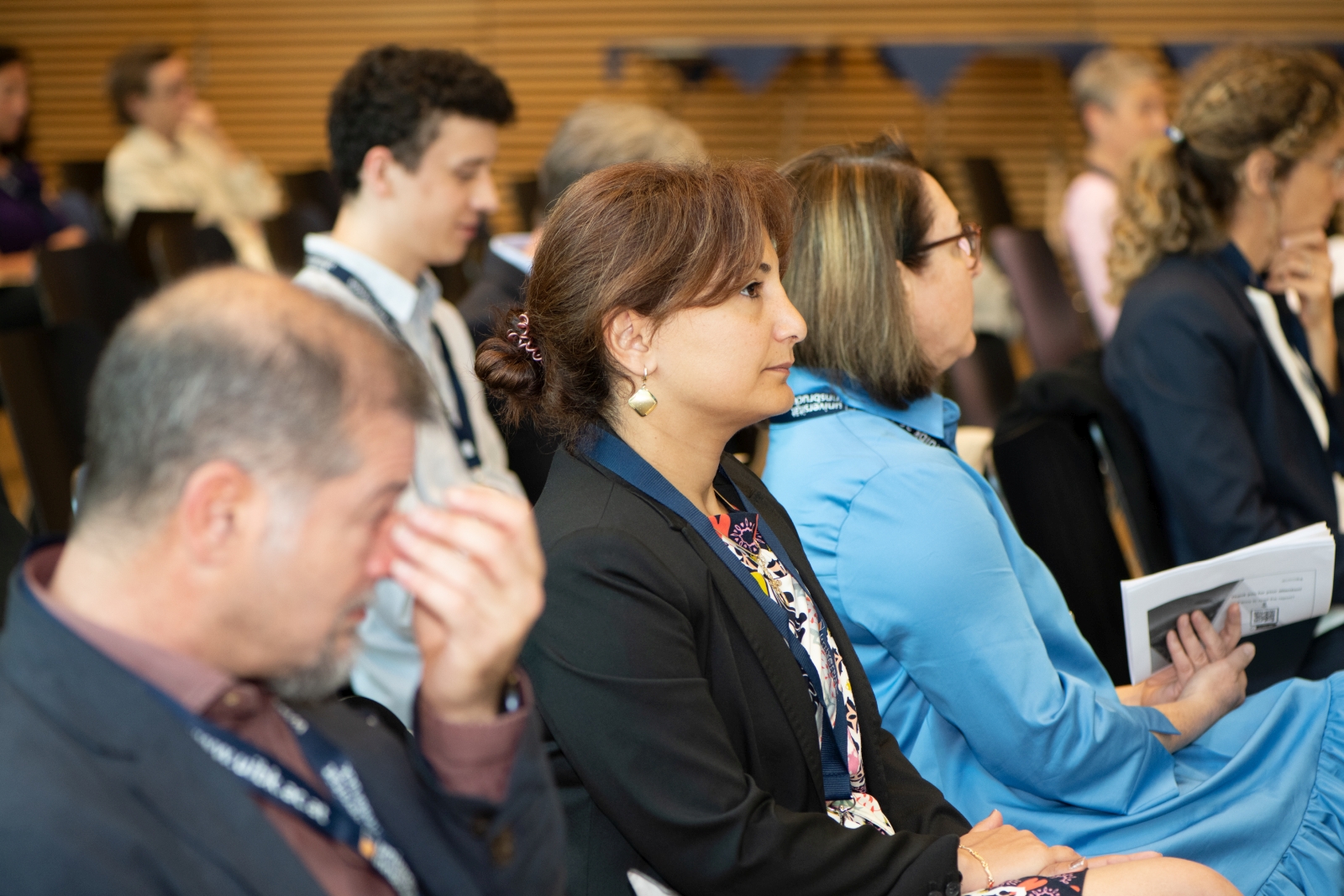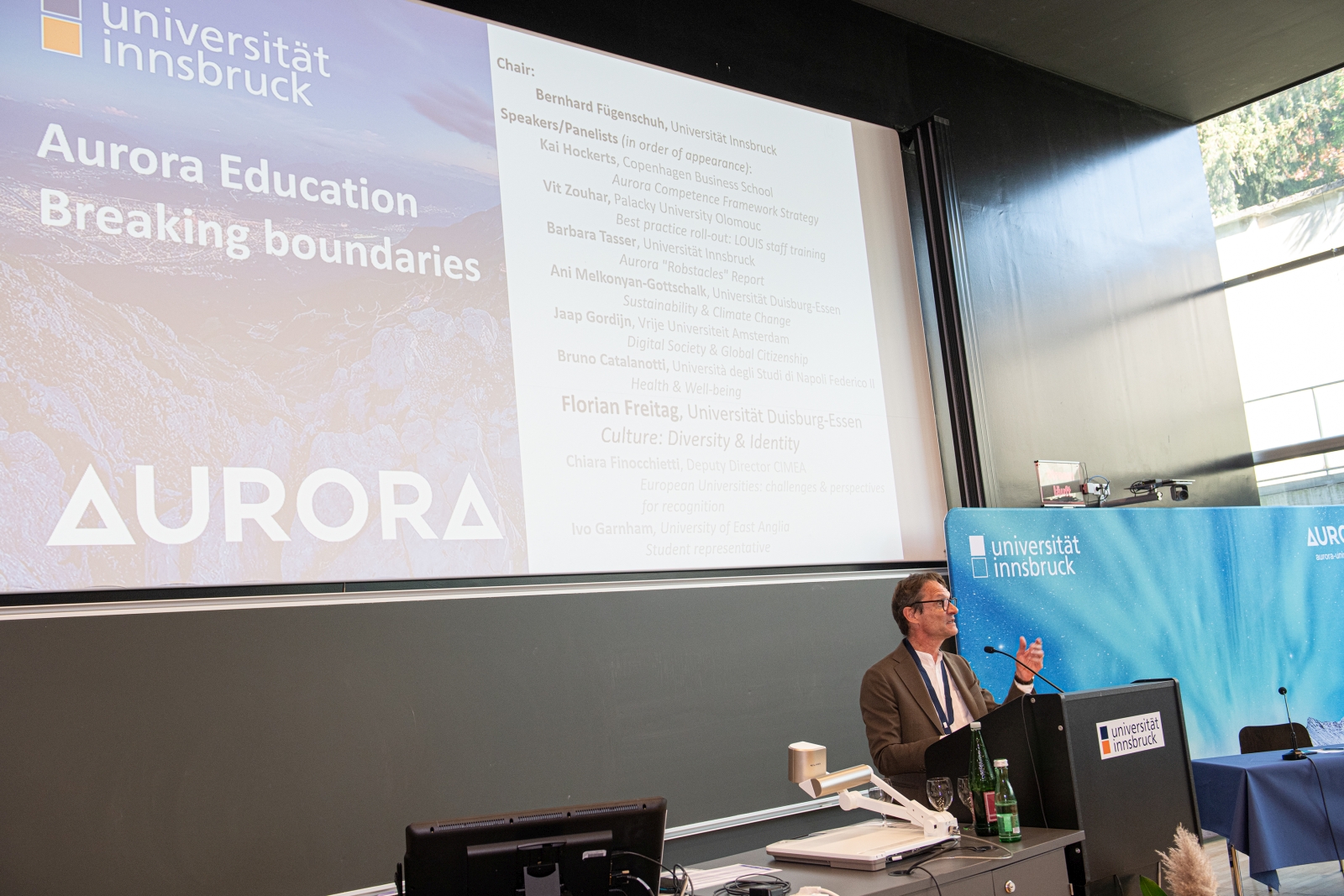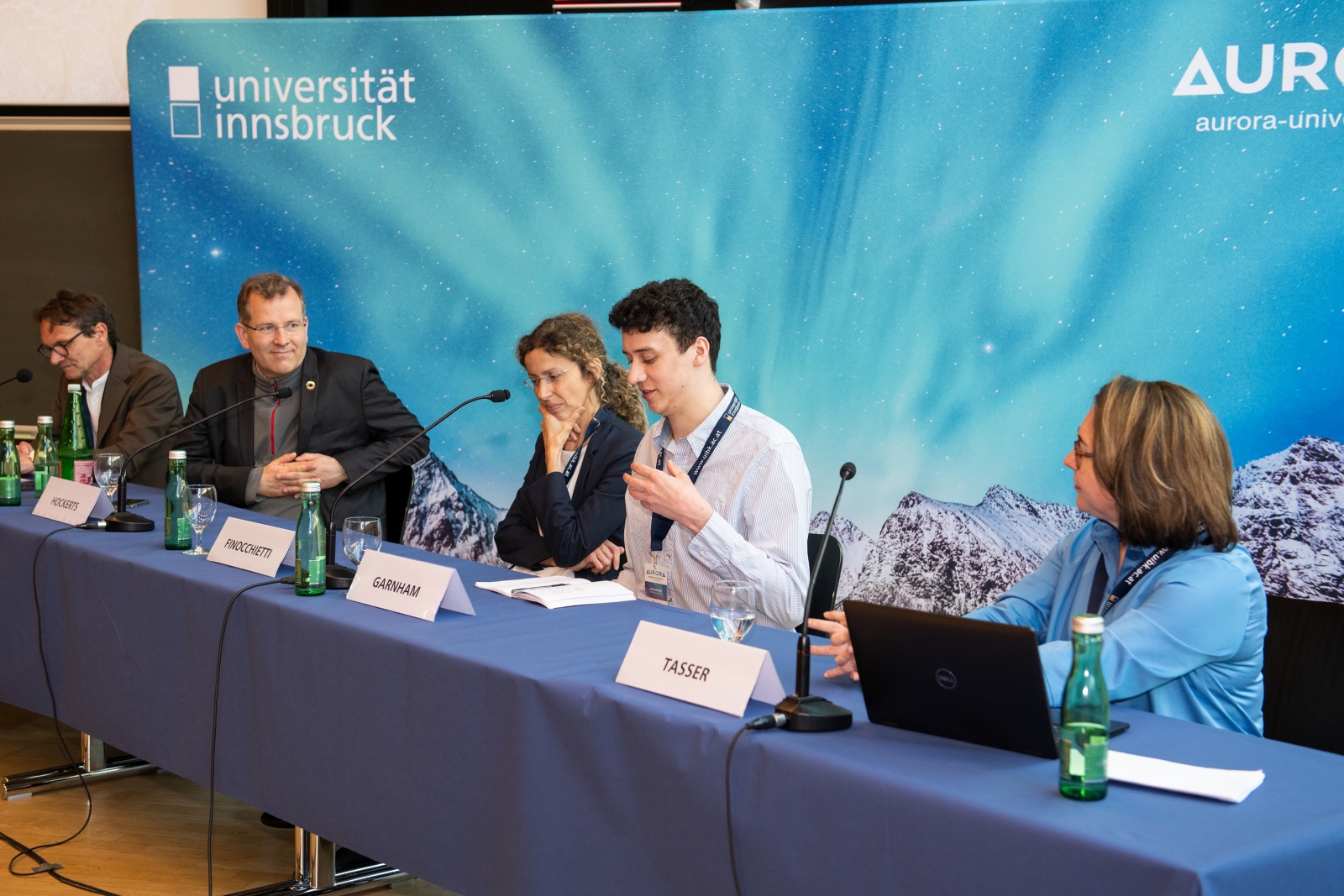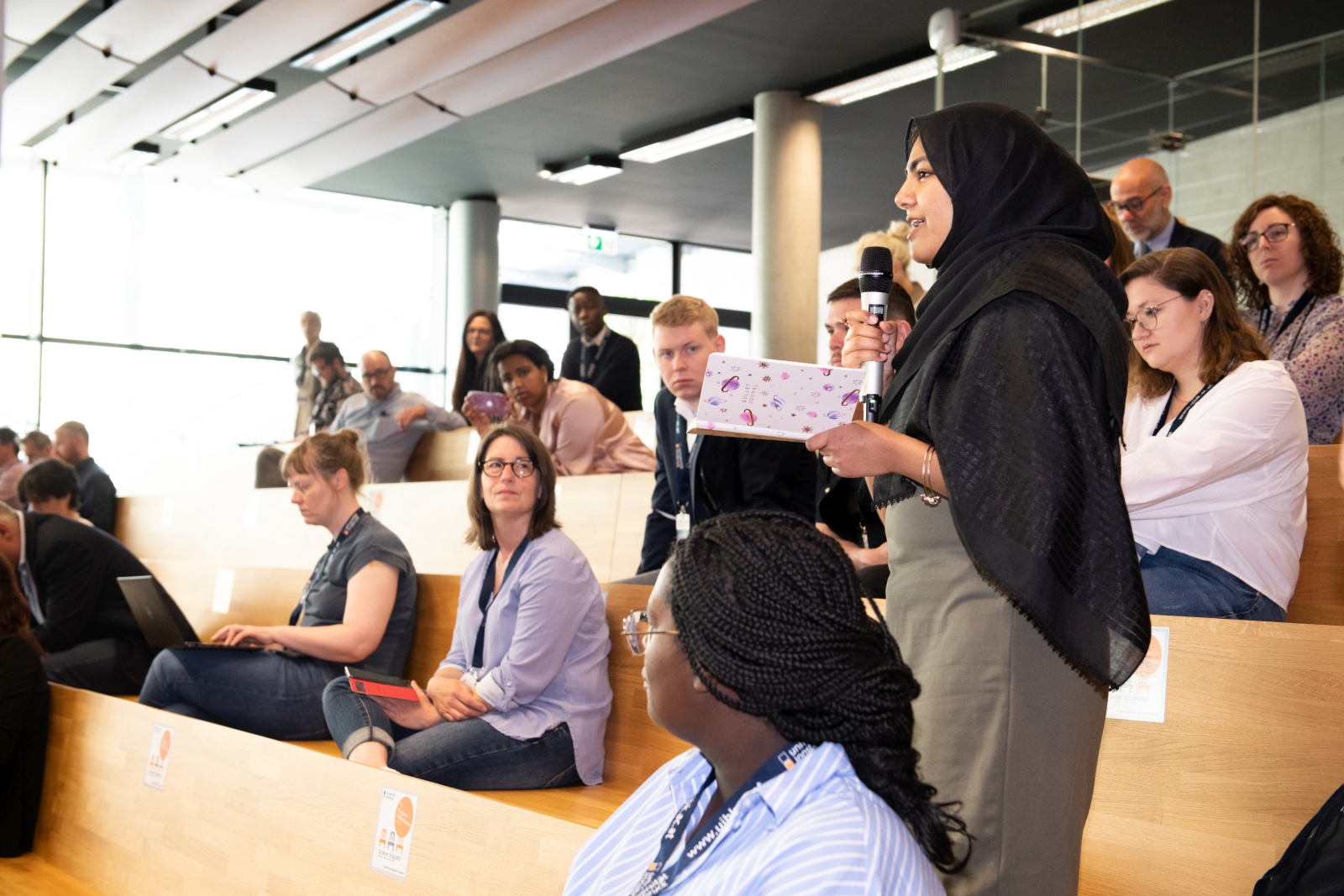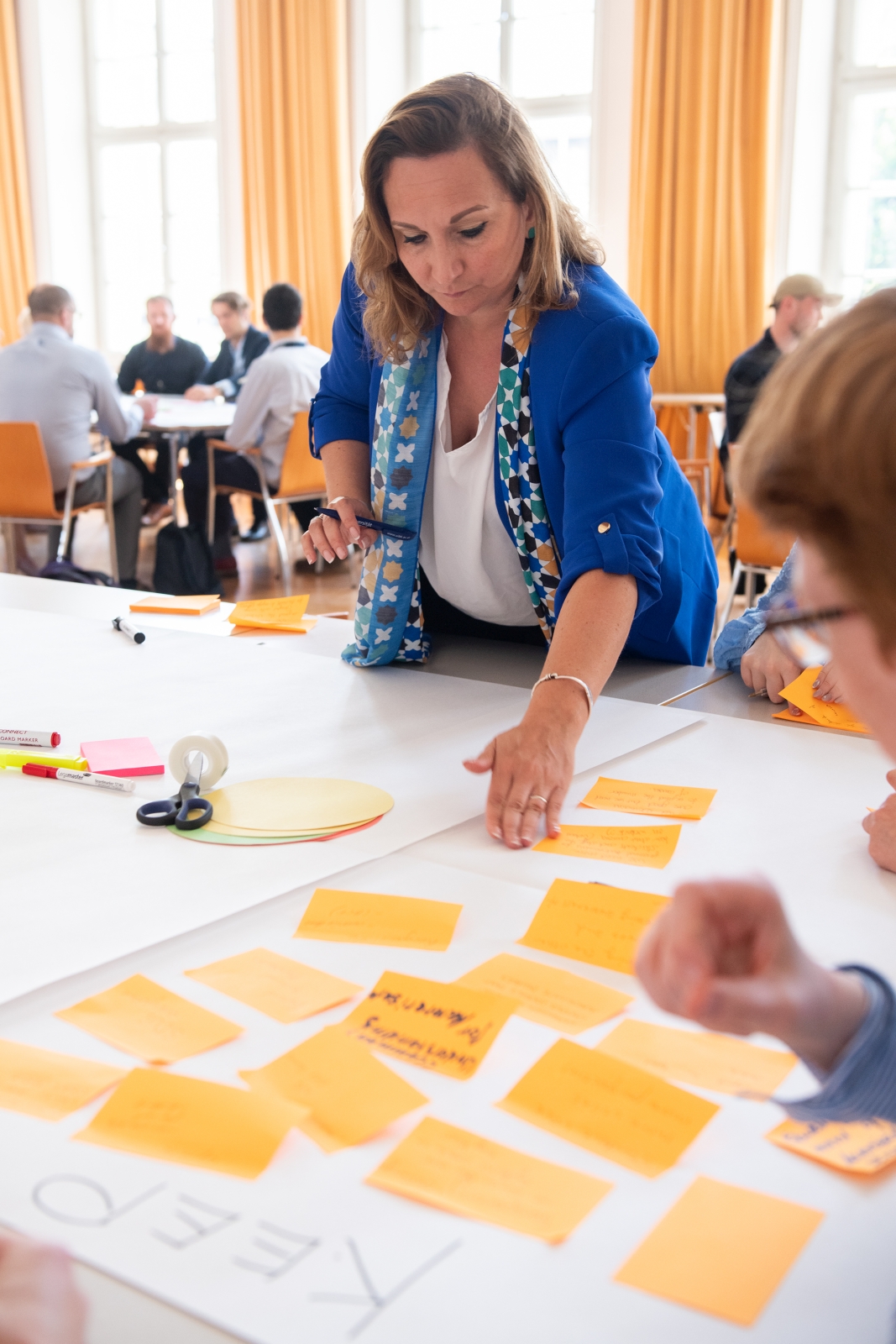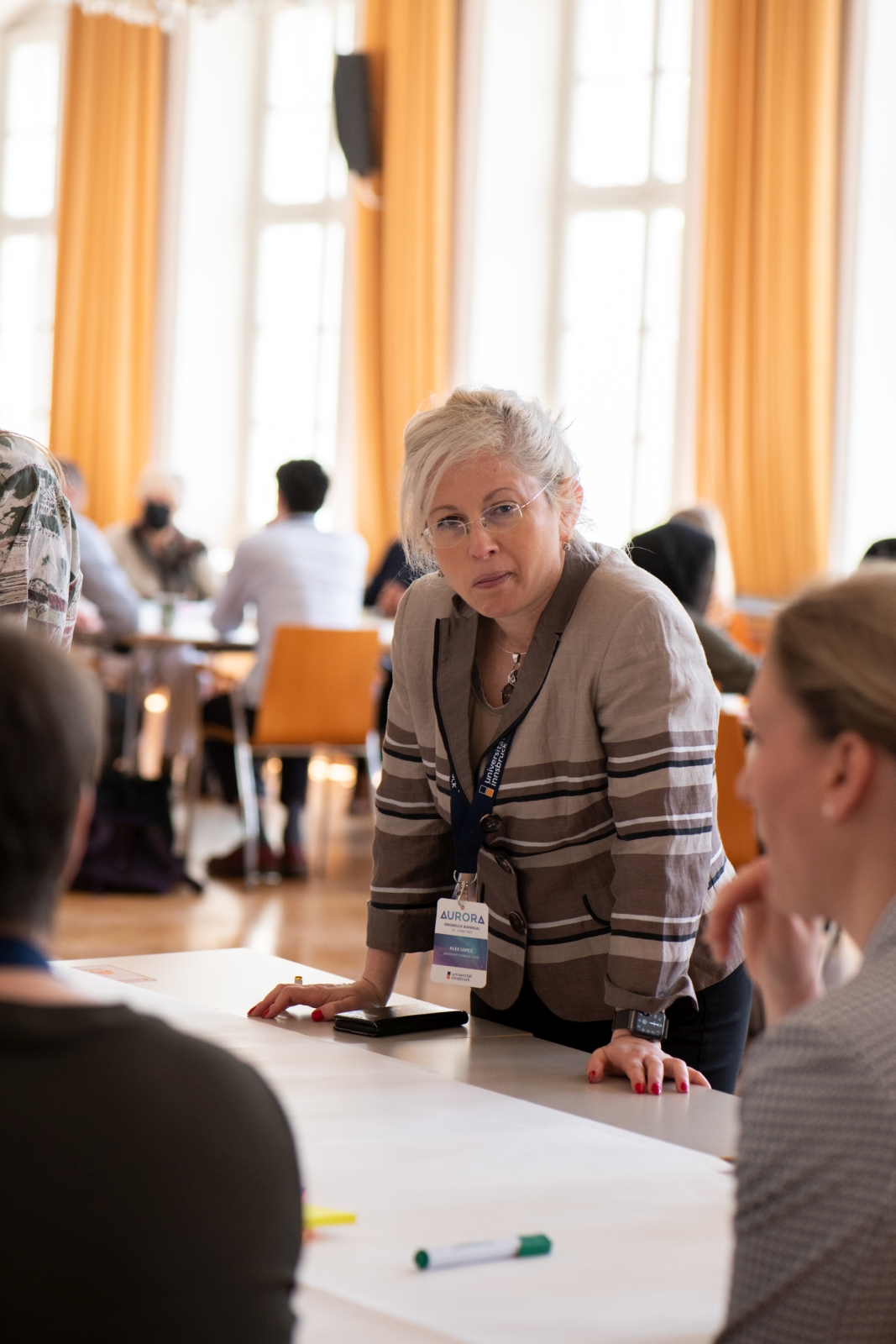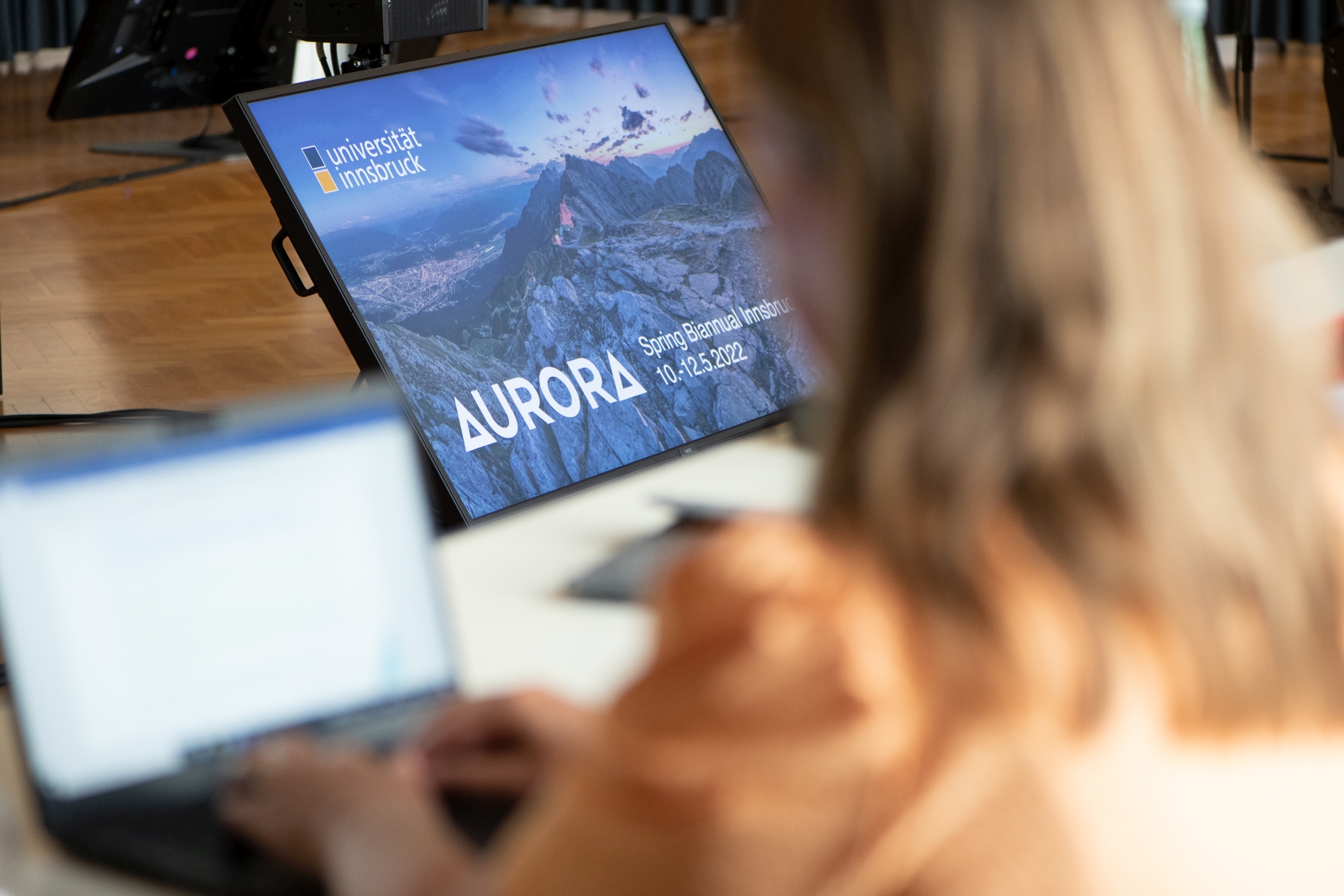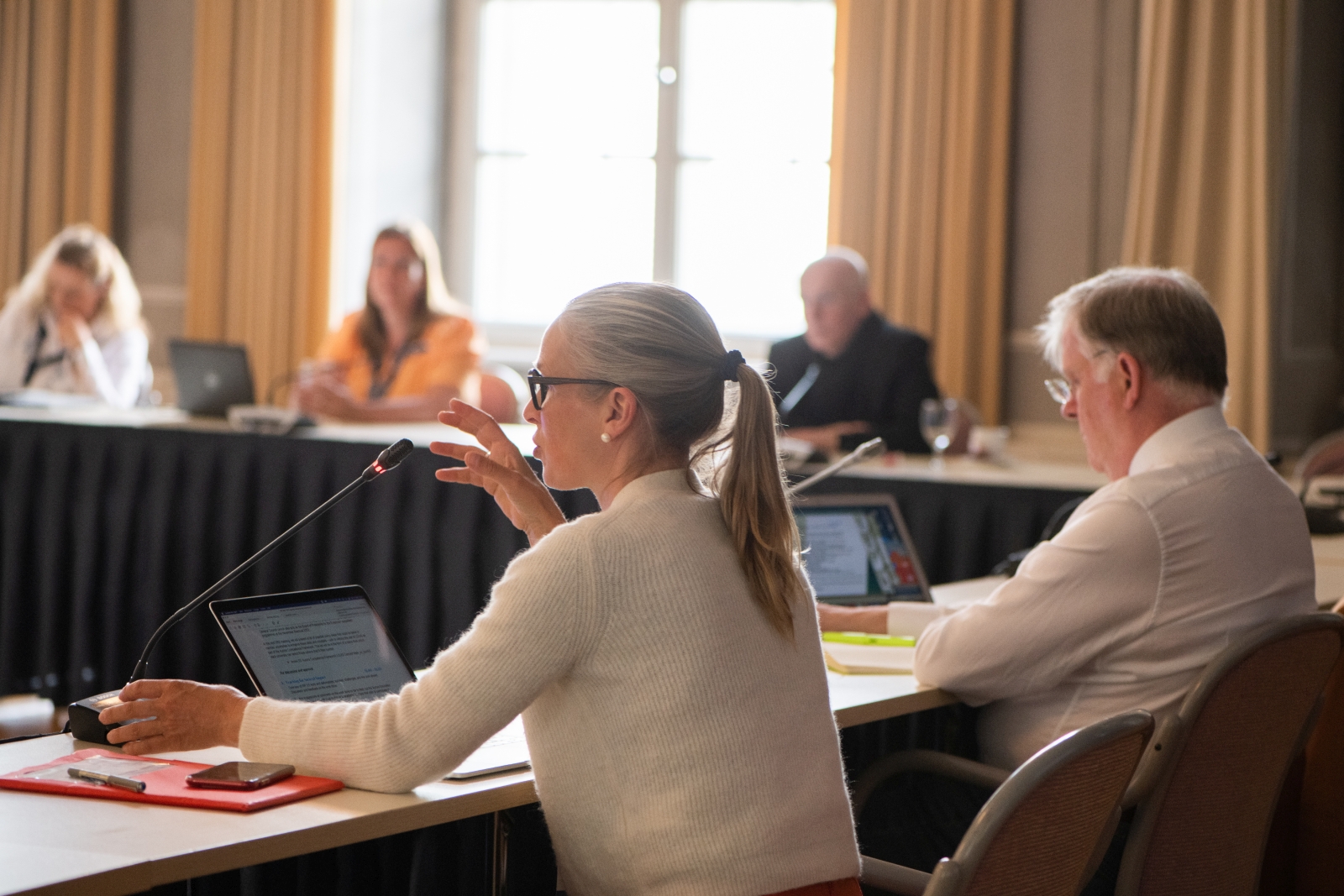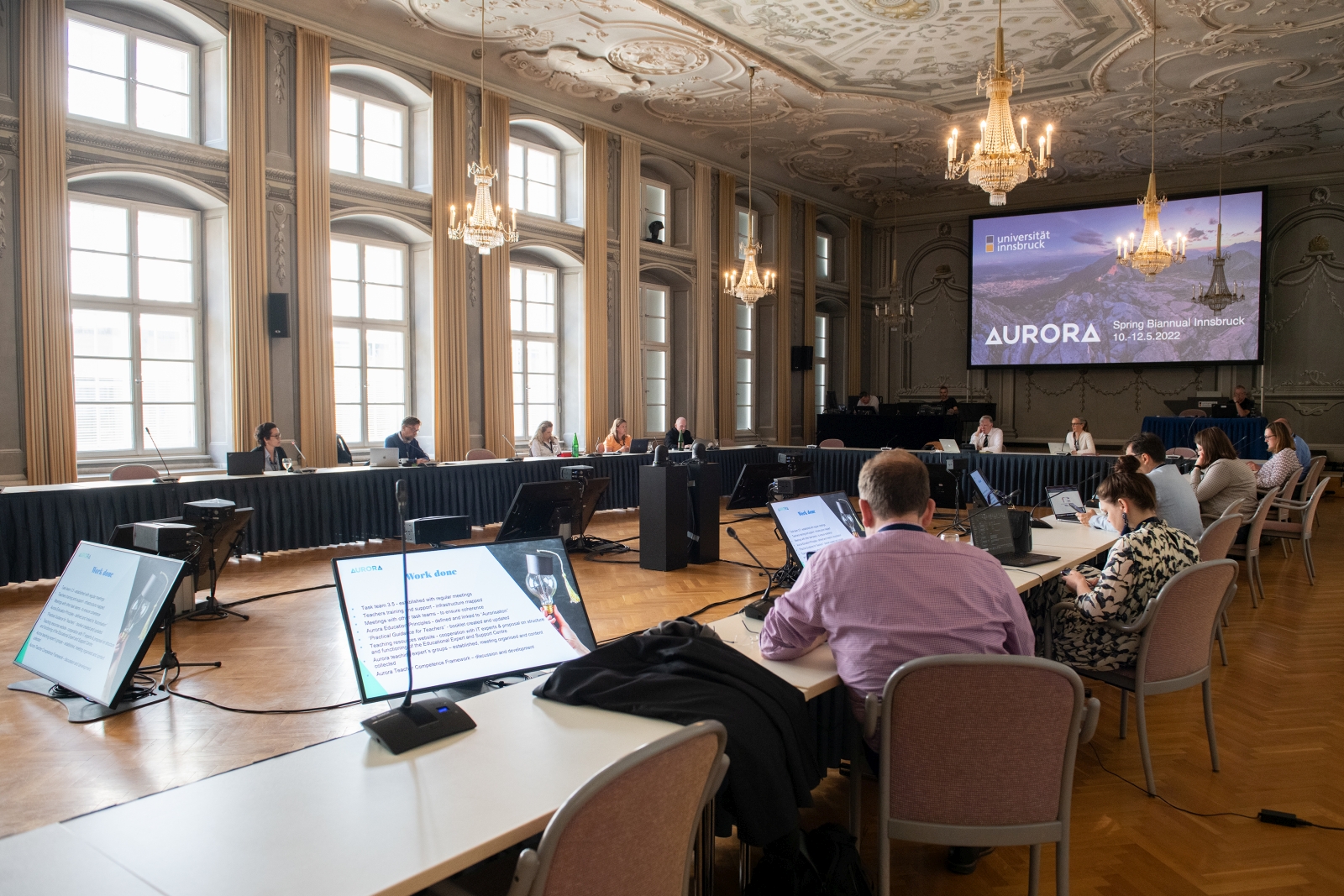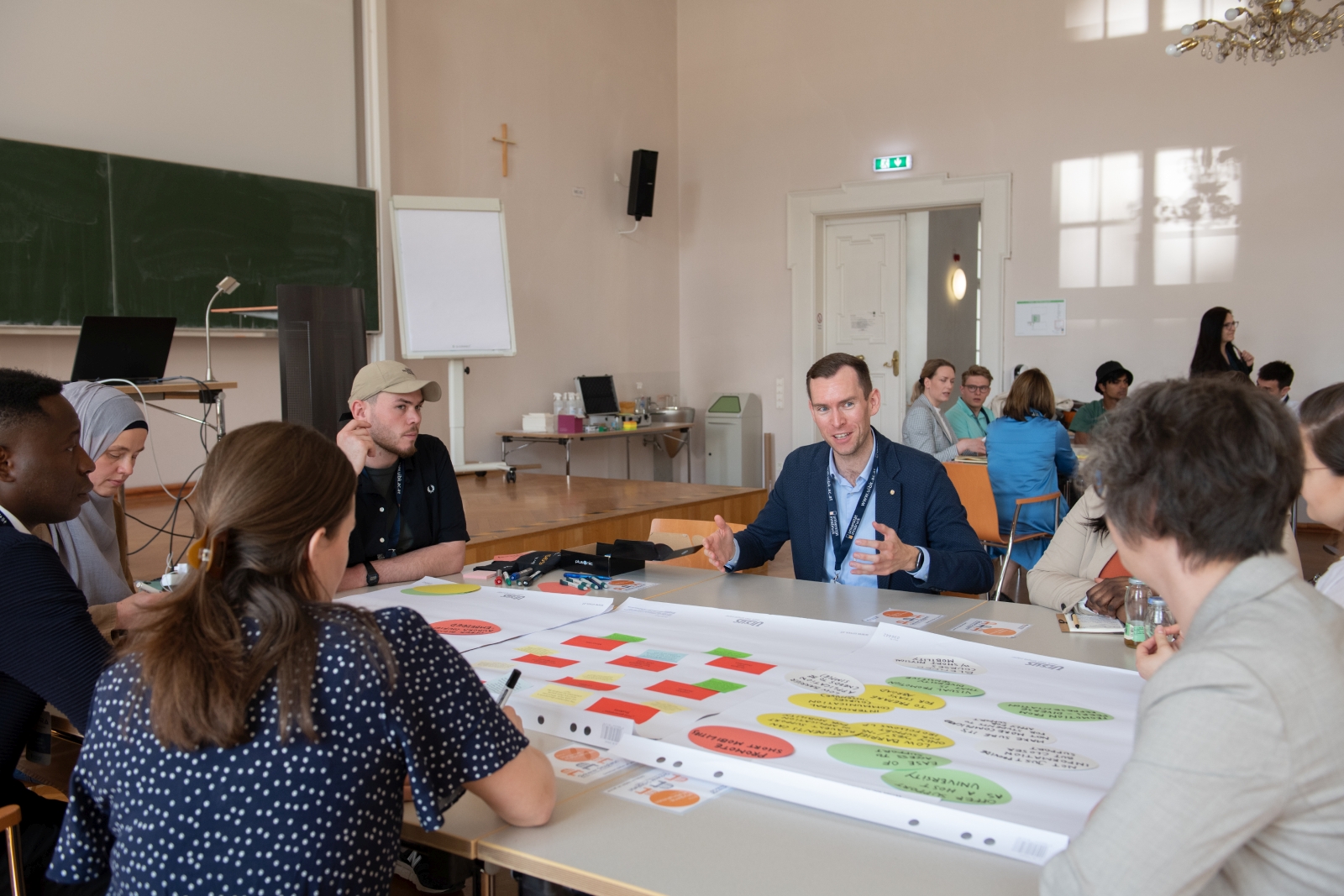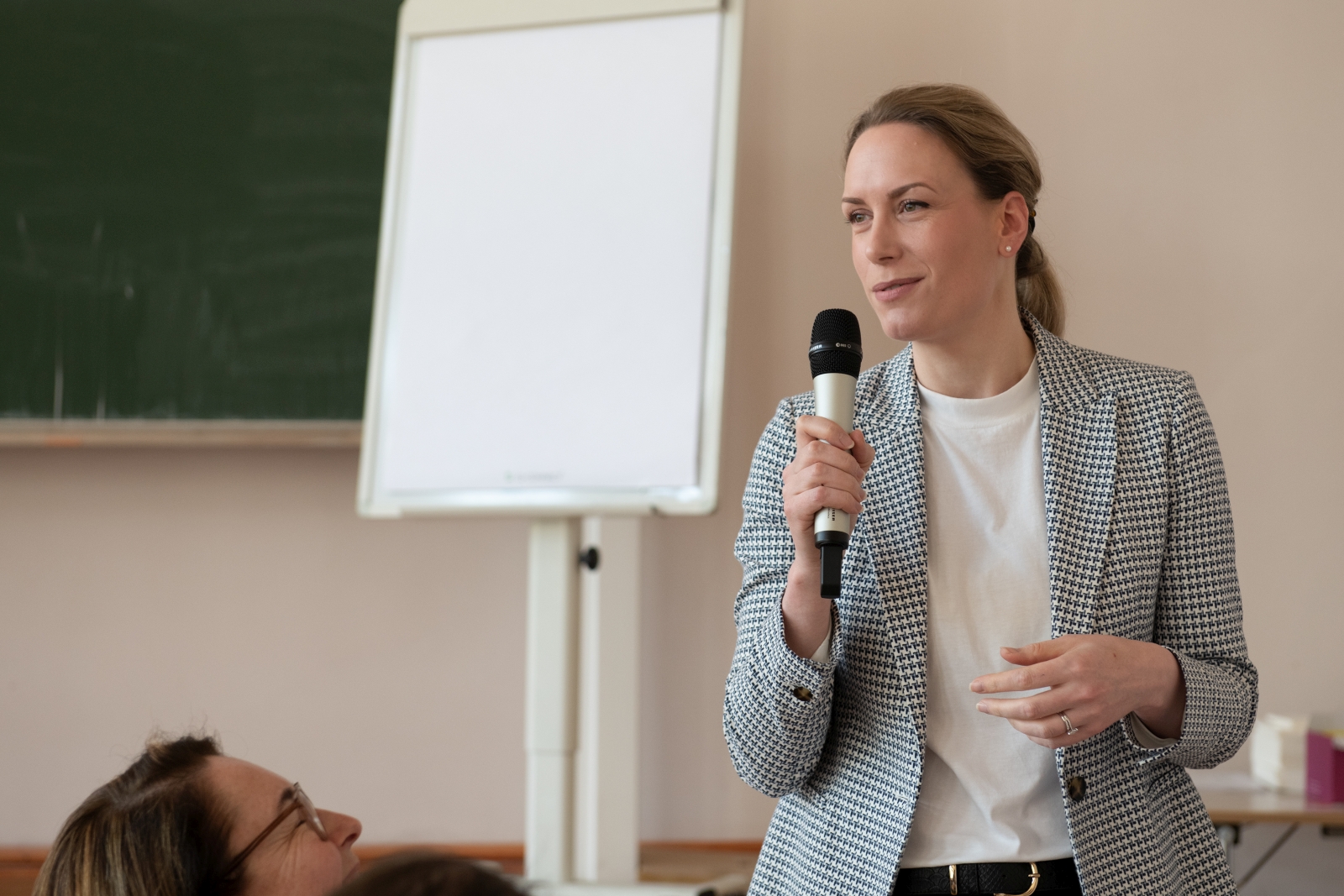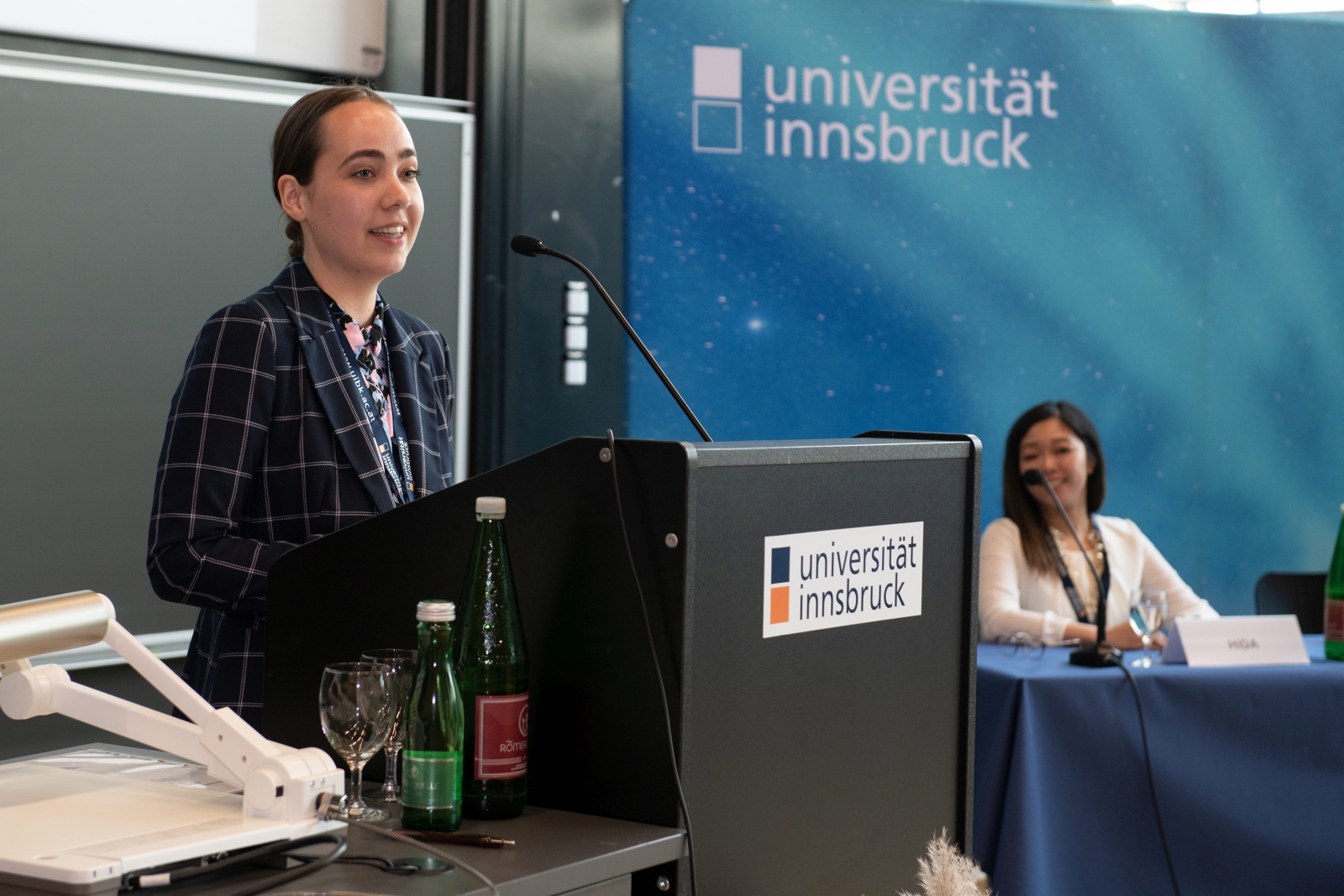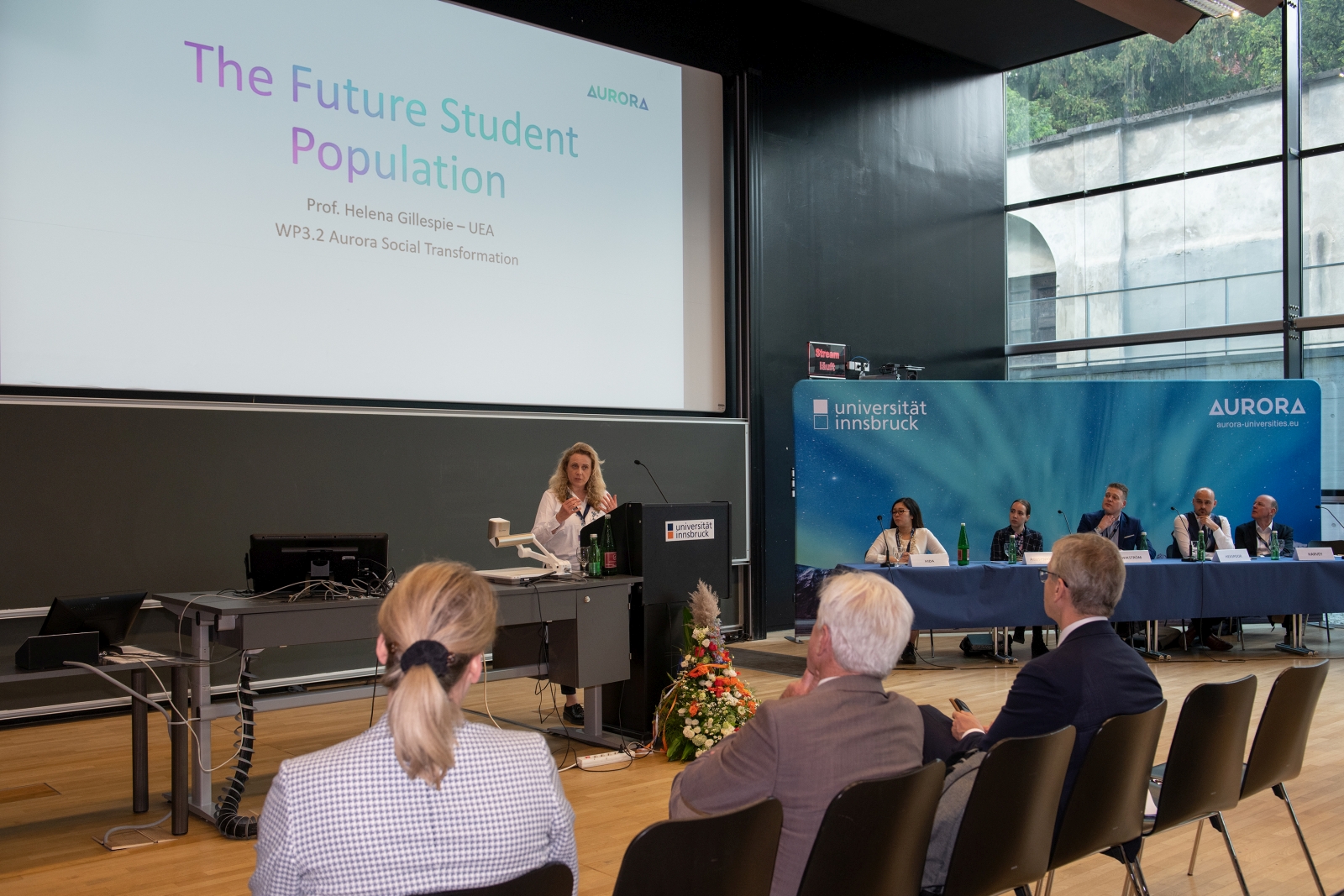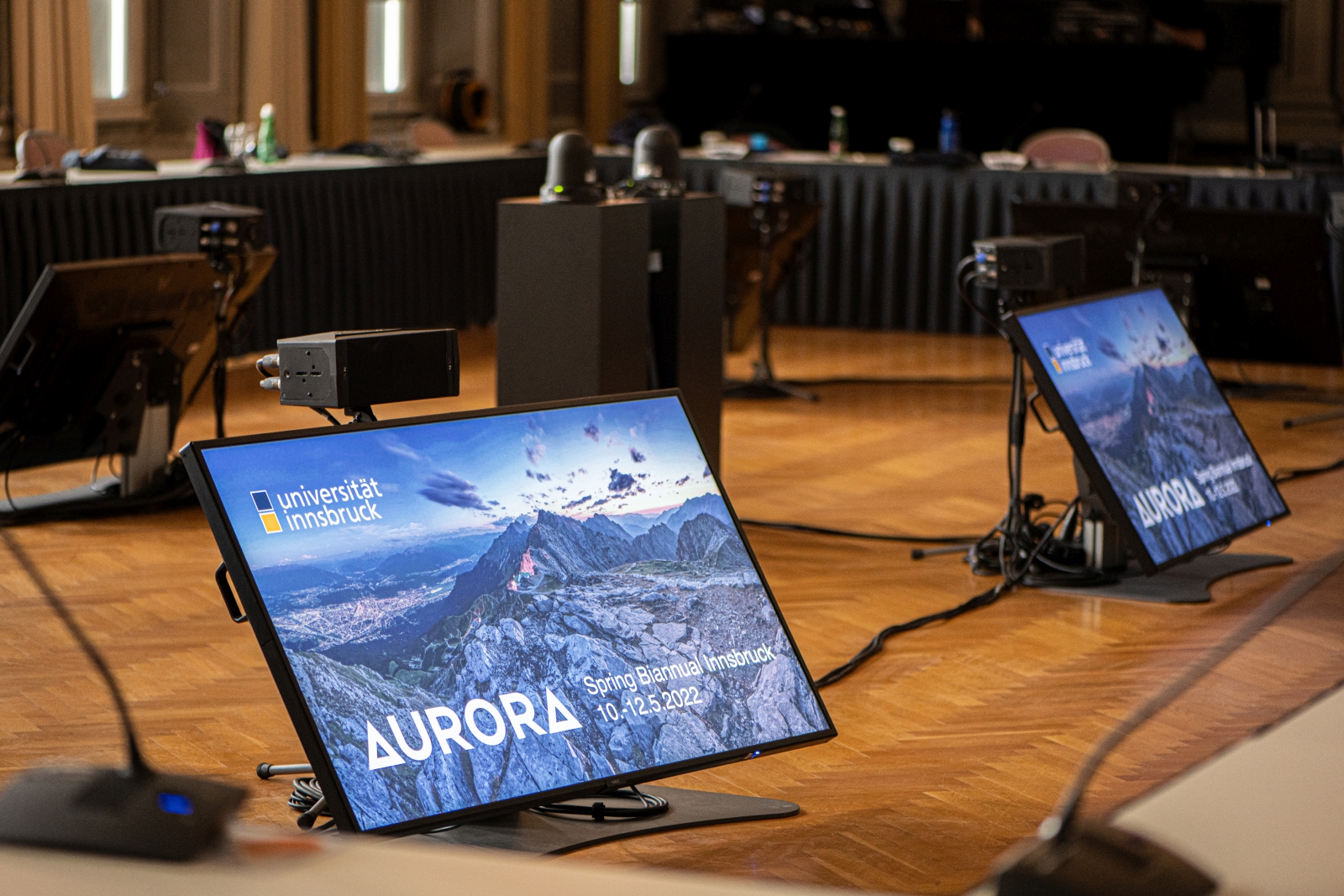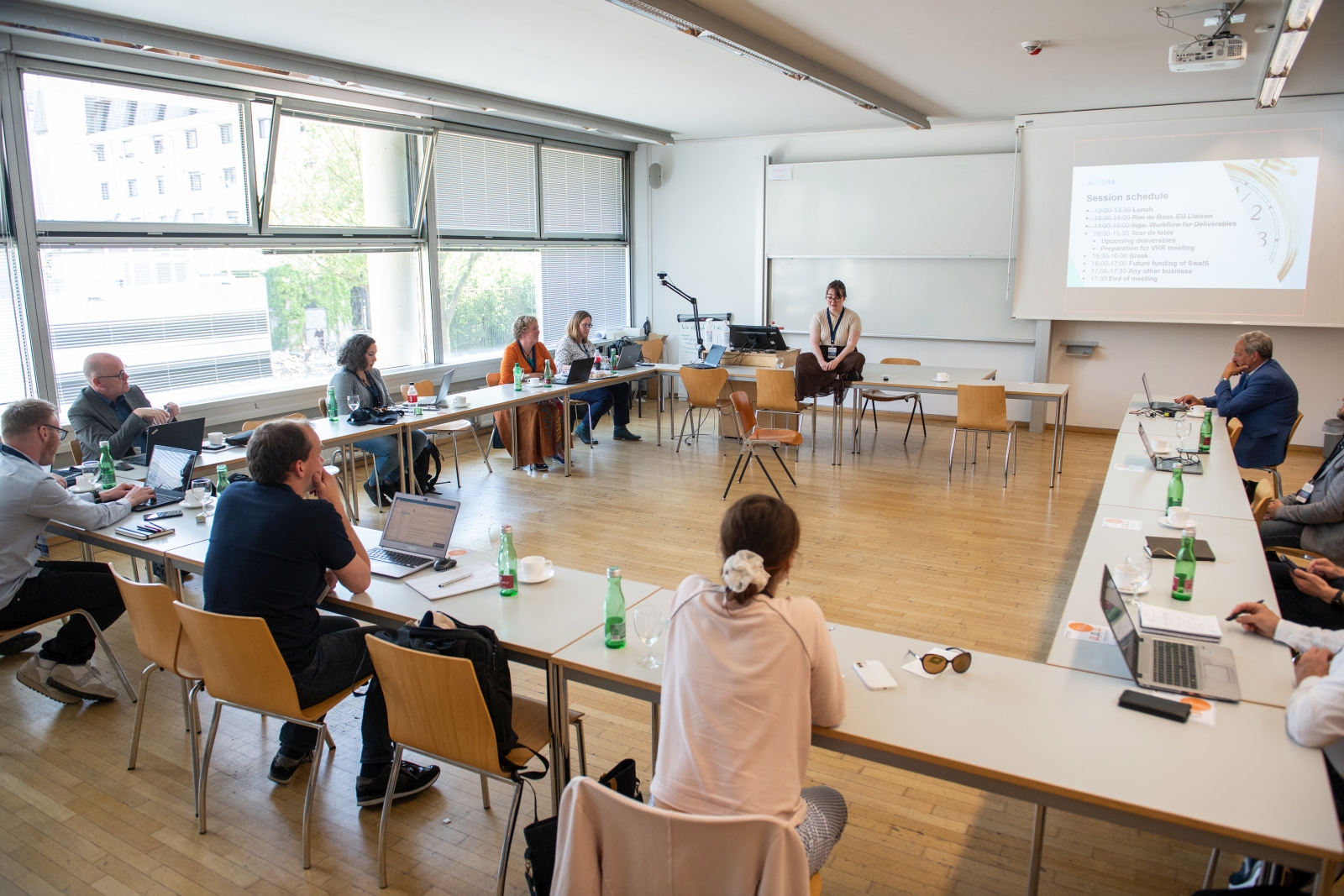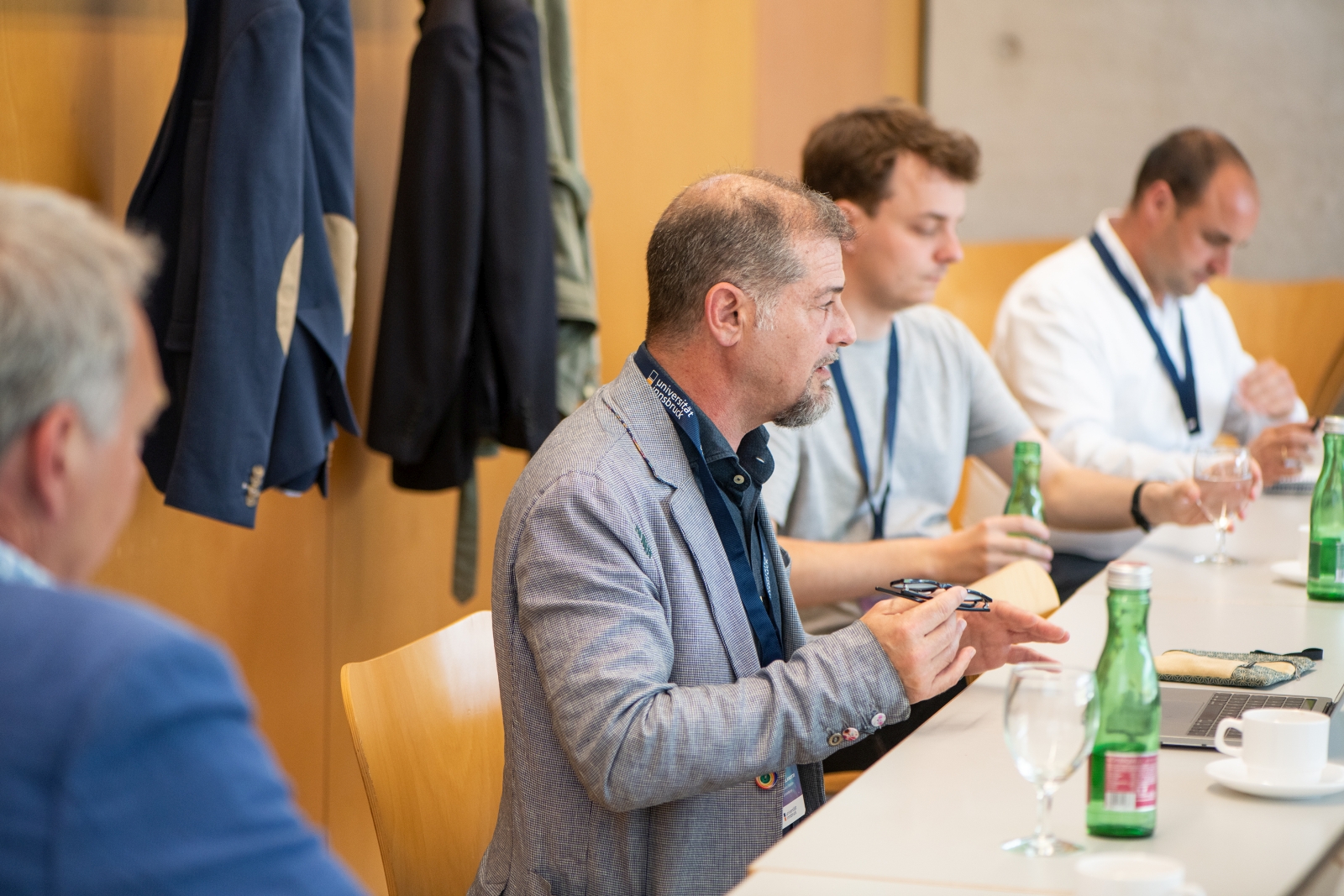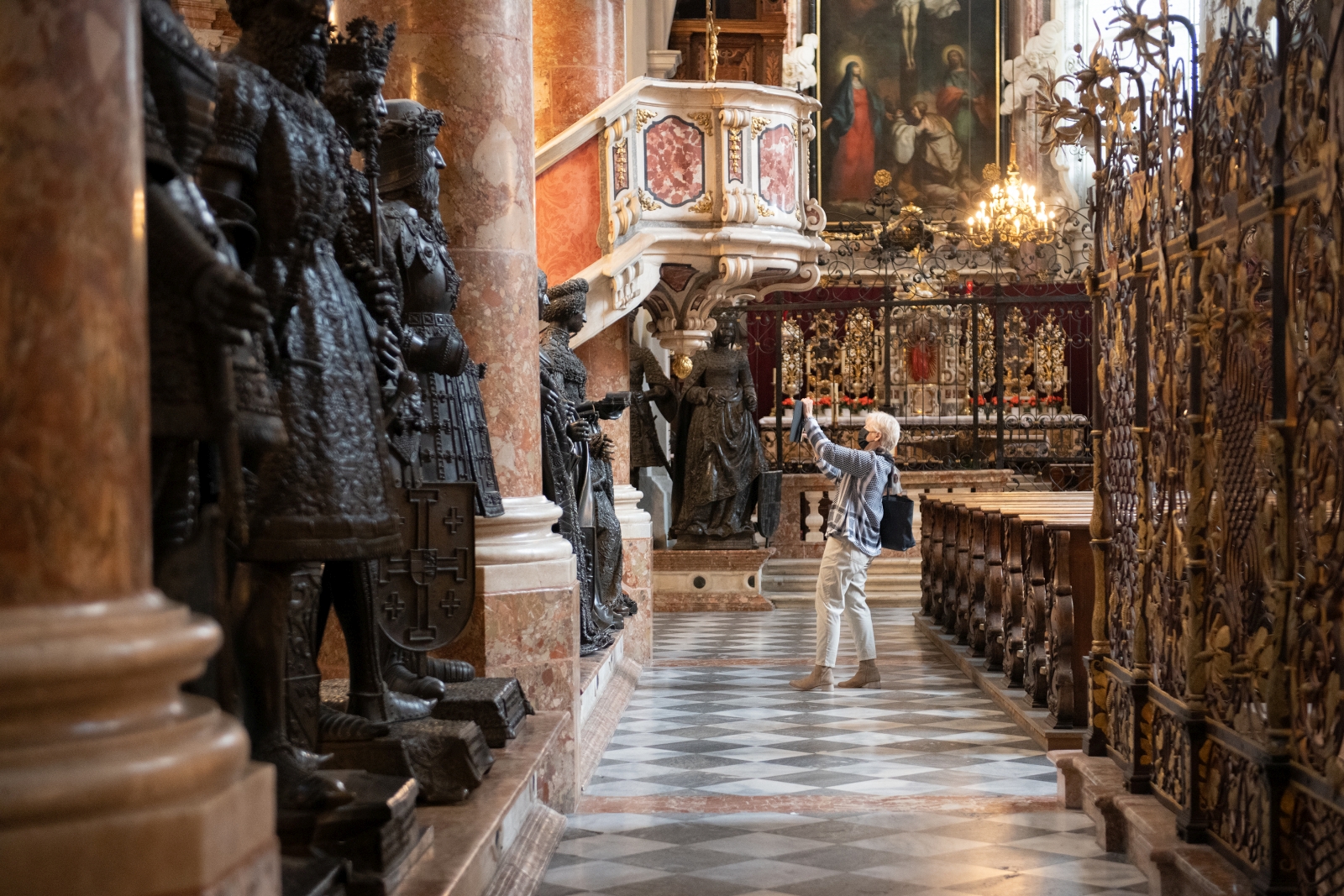Aurora is getting ready for the future
On the 9th and 10th of November, the Aurora virtual Biannual took place, hosted by the University of Duisburg-Essen. Barbara Albert, Rector of the University of Duisburg-Essen, and Jon Ali Benediktsson, Aurora President and the Rector University of Iceland, welcomed the participants, encouraging them to choose sustainability above all else.
Rector Barbara Albert said: “Now more than ever, we become aware that the big challenges of humanity like climate crisis, peacebuilding, sustainable energy supply, or migration do not stop at national borders. As director of one of Germany’s ten largest universities, it is my strong belief that international cooperation between ambitious and sustainable-oriented universities can be one of the key drivers of progress when it comes to finding solutions to these major challenges.”
Aurora President Jon Atli Benediktsson emphasised the importance of sustainable travel and inter-university collaboration that results in opportunities for staff, students, and the community at large.
The conference also highlighted the future activities of the Aurora Network. Anne-May Janssen, Aurora Secretary-General, discussed the role of universities being drivers of positive social change and ensuring graduates can affect that change in society. She said that, ” […] the role of universities in affecting that change has become increasingly important and the developments over the past years globally.” She continued with the message that the Aurora Network can help its members fulfil those roles. In order to do that, the Aurora Network will focus its work on the following activities:
- Setting the agenda on the topics that our members want to prioritise
- Aurora as an environment for our members to share best practices and openly, and in confidence, discuss hurdles
- Advocacy and engagement with stakeholders on the EU level
- Safeguarding our partnerships by keeping the long-term vision in mind
- Sourcing new funding opportunities for our members
- Reaching out to the global community and learning from future members beyond Europe.
In the Back to the Future of the Aurora Alliance session, Sabine Allain Sainte-Rose shared key results of the various work packages and task teams. Some of them included:
- Co-Creation brought together 400 academics and opened 70 co-creation and service-learning courses for all Aurora partners this resulted in a total of 1800 students enrolled.
- 52 courses offered by the pilot Domains
- 500+ mobile individuals
- Aurora academic platform pooled infrastructures + doctoral committee members where 272 researchers signed up from 5 universities in all pilot domains.
- 1400+ open educational resources have been collected
